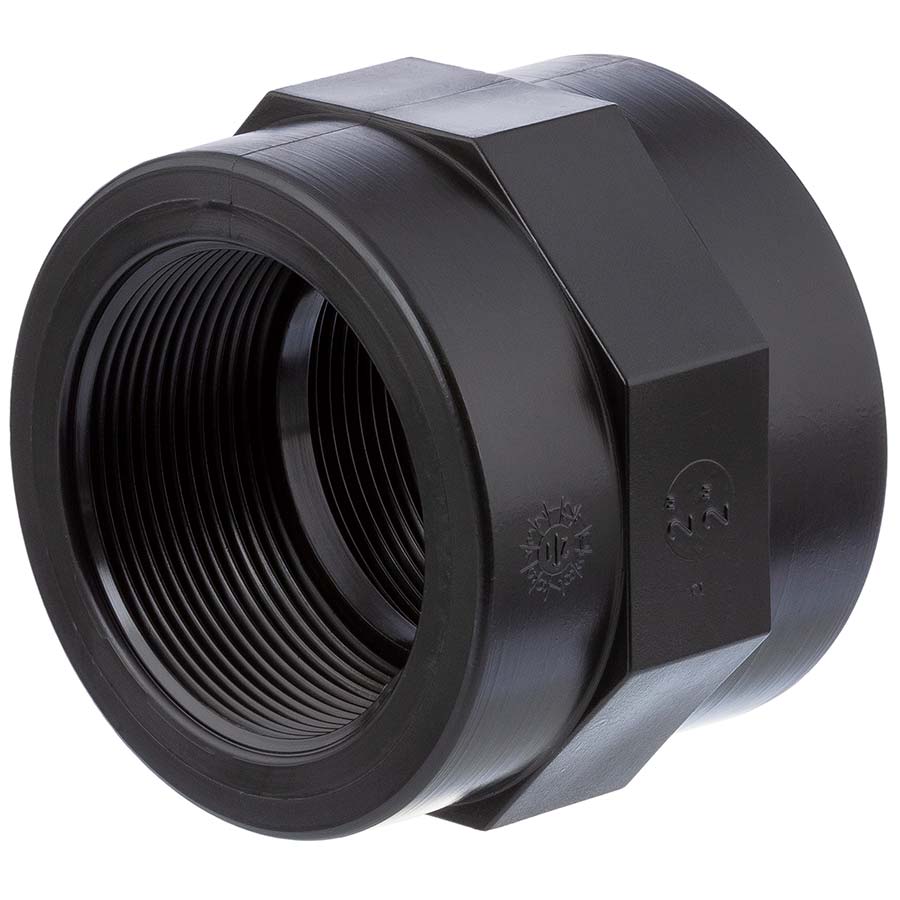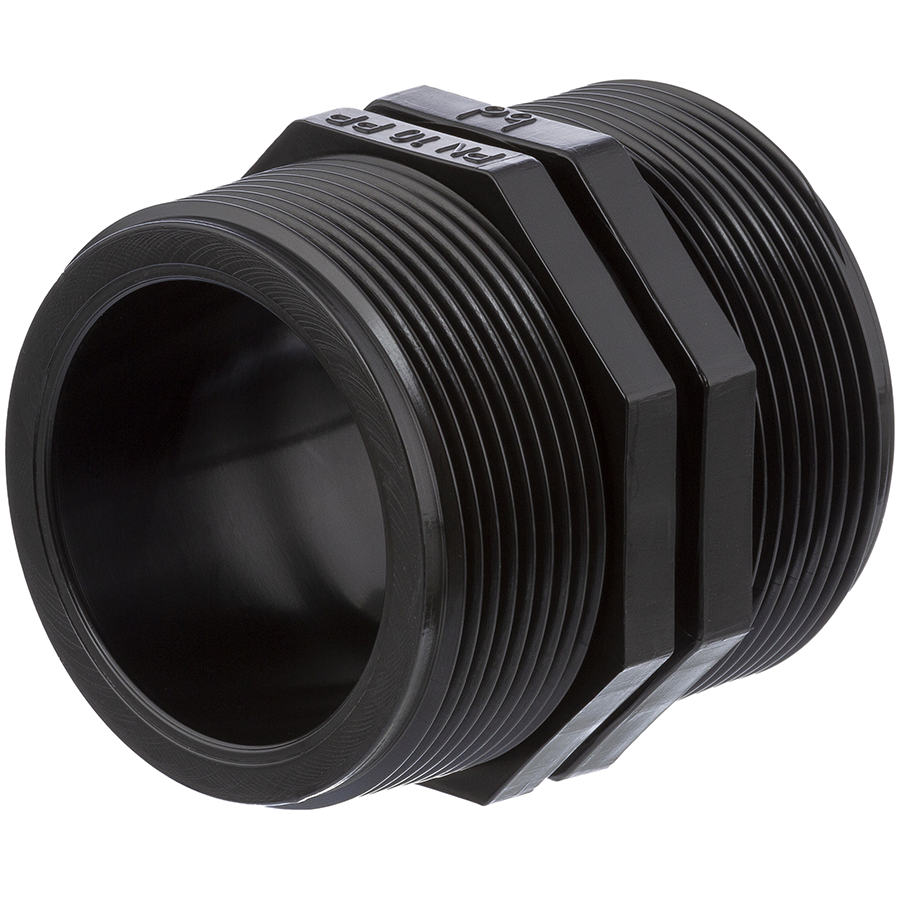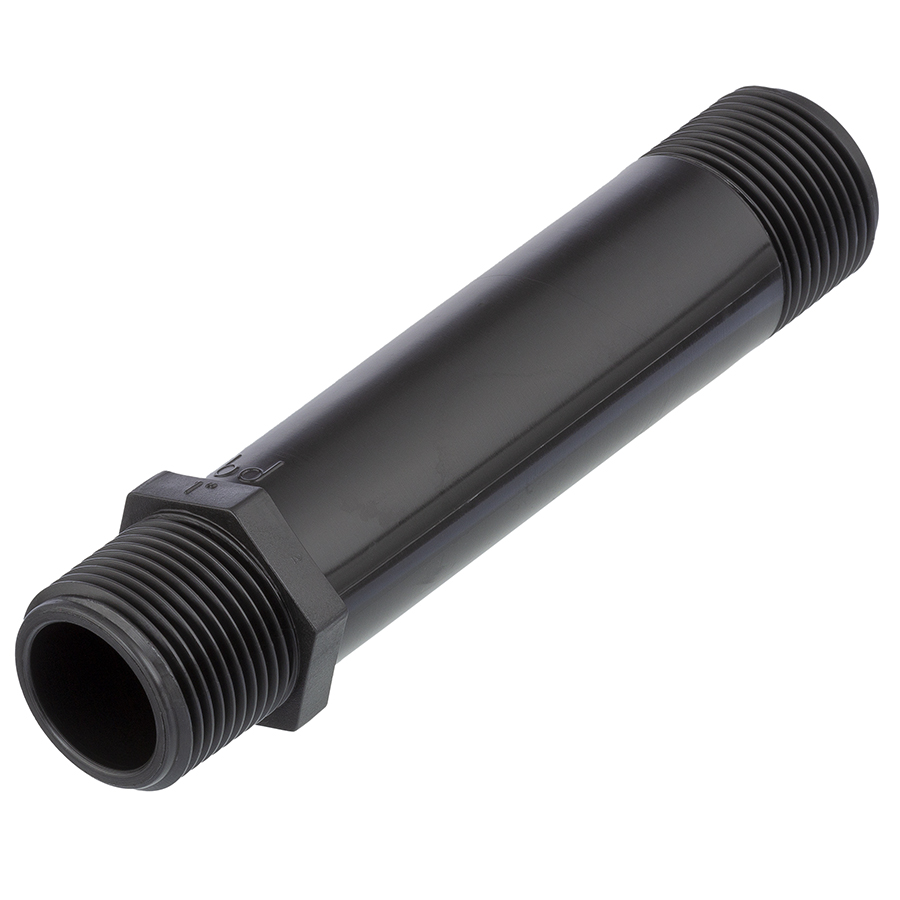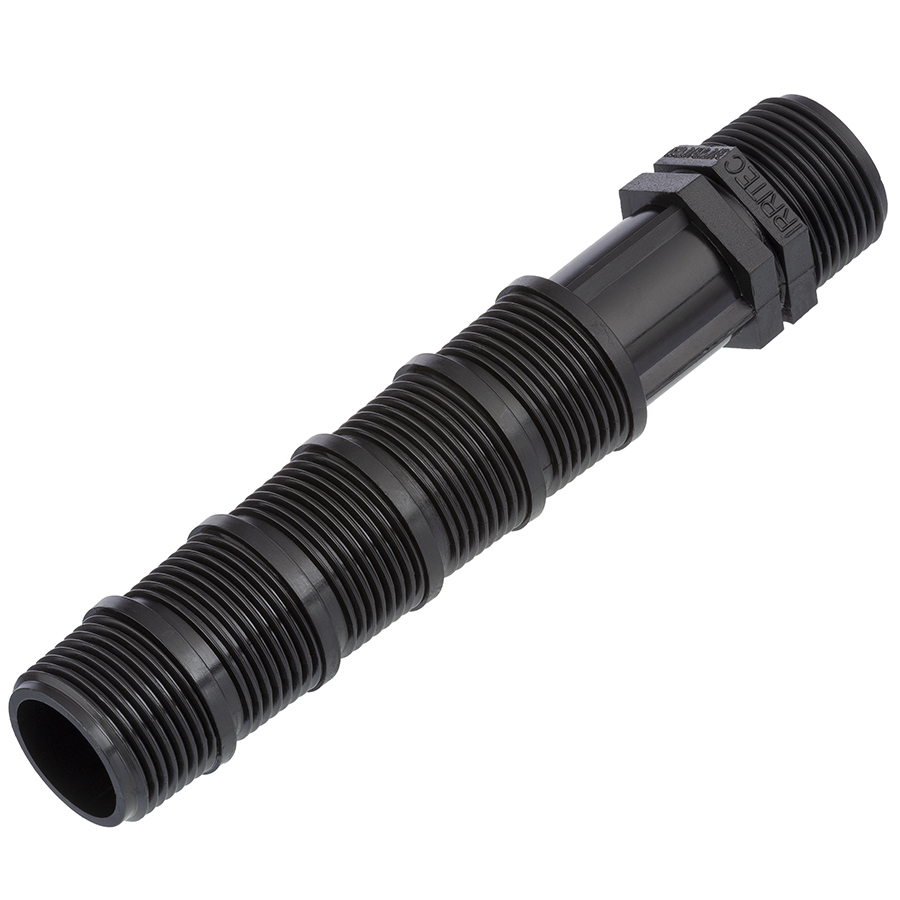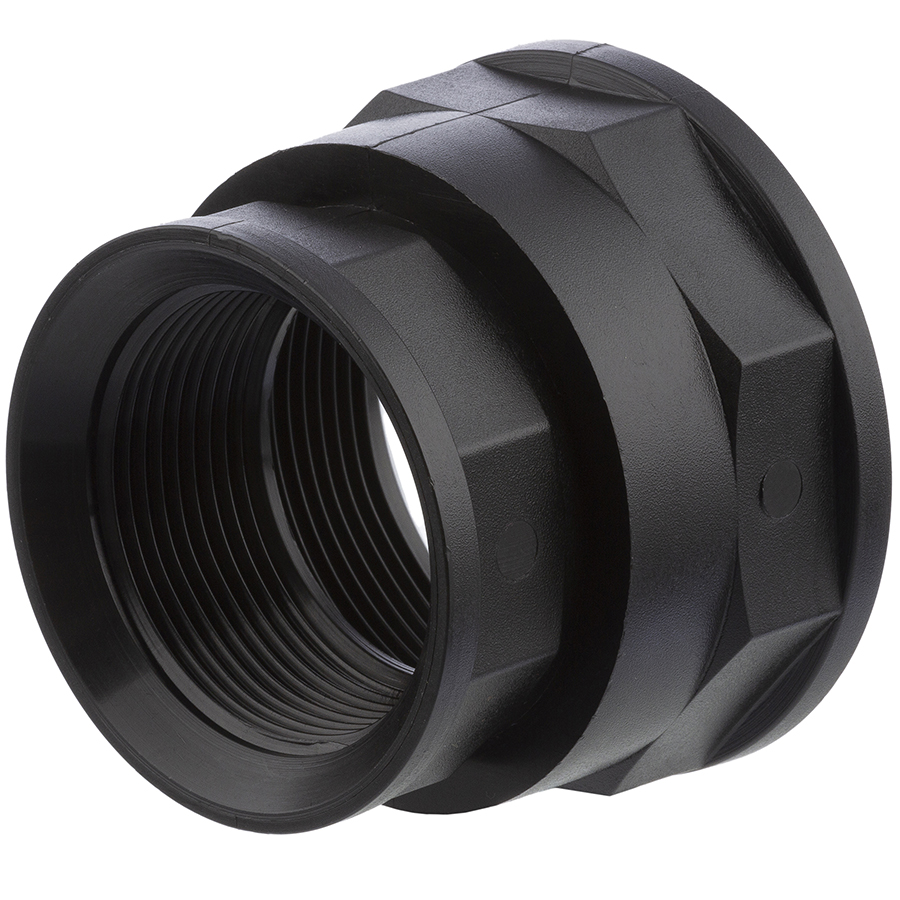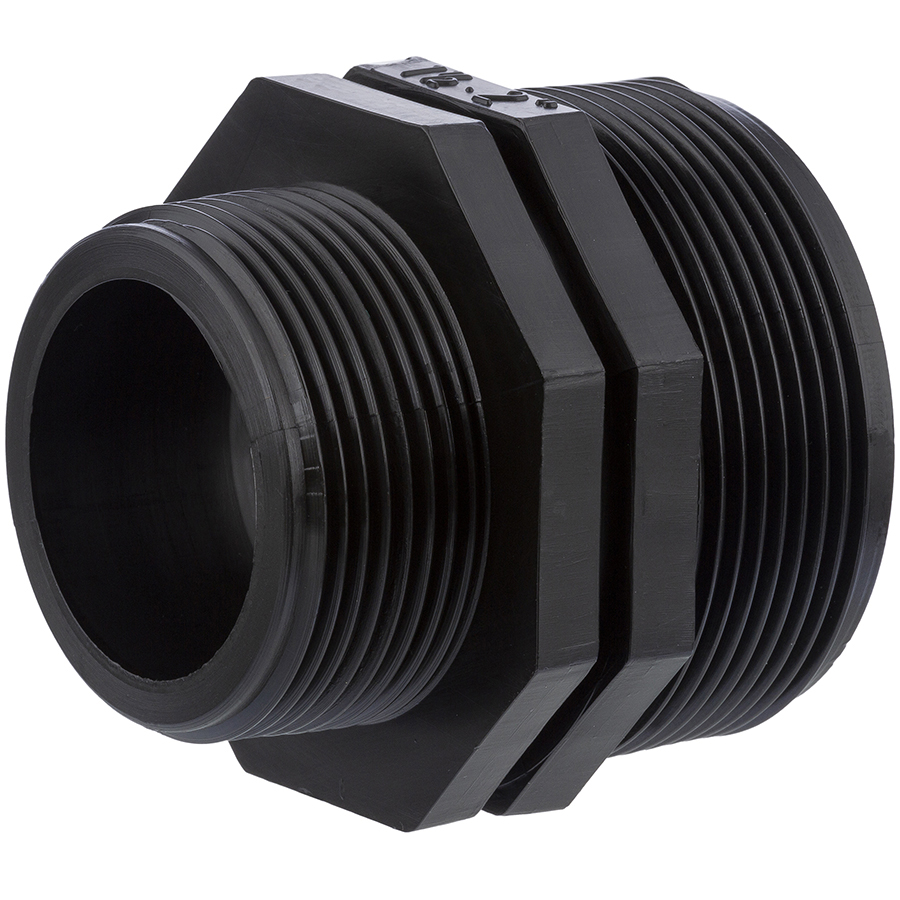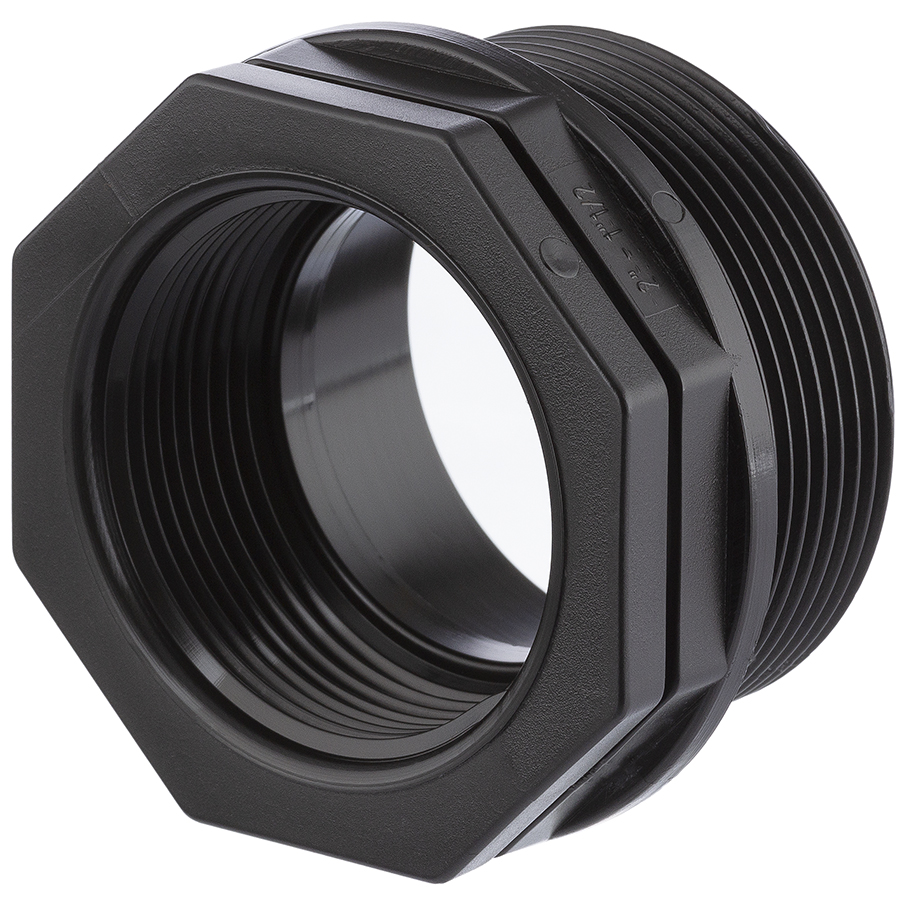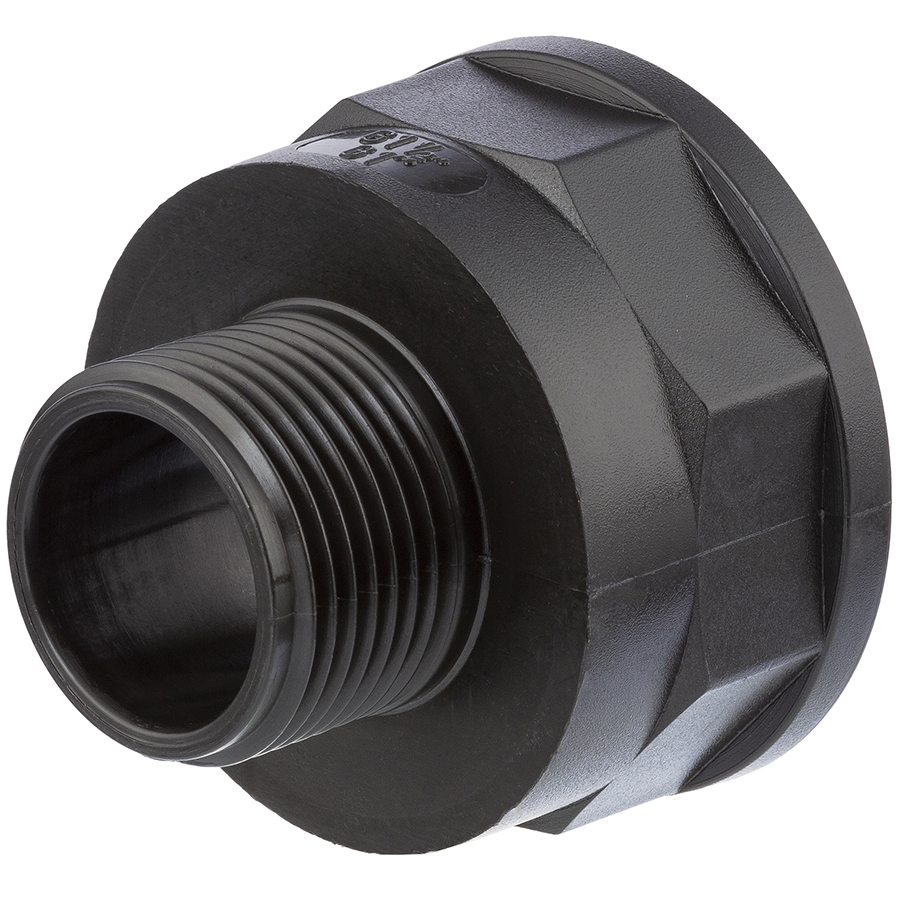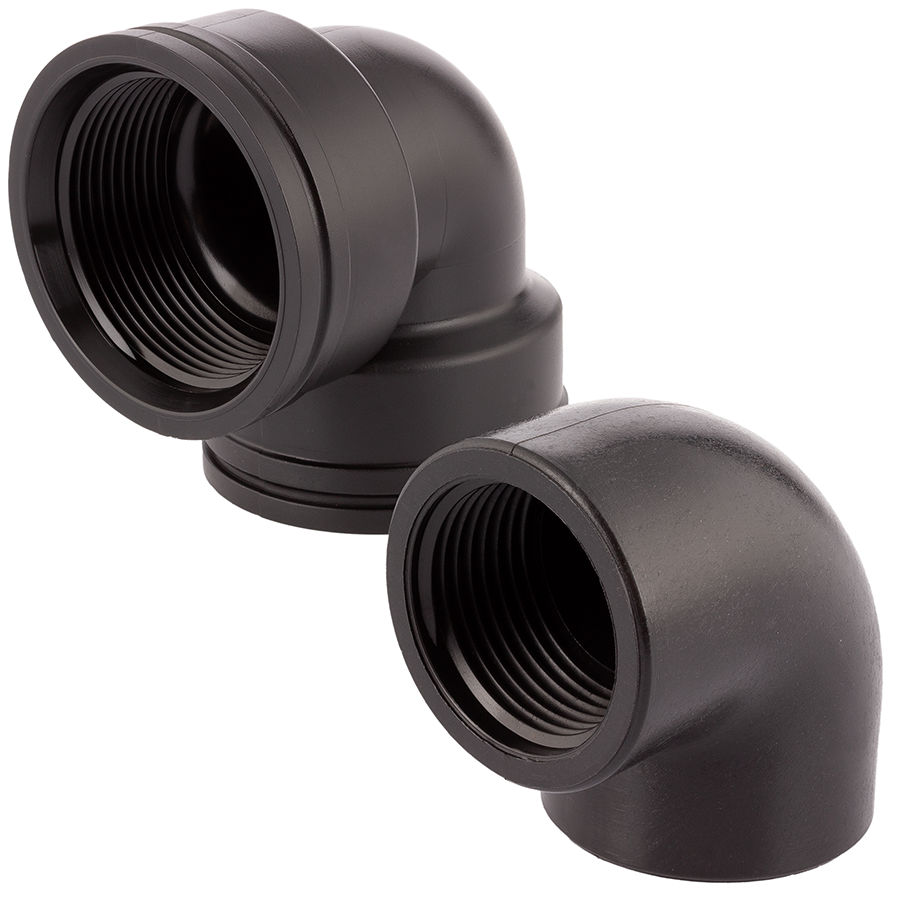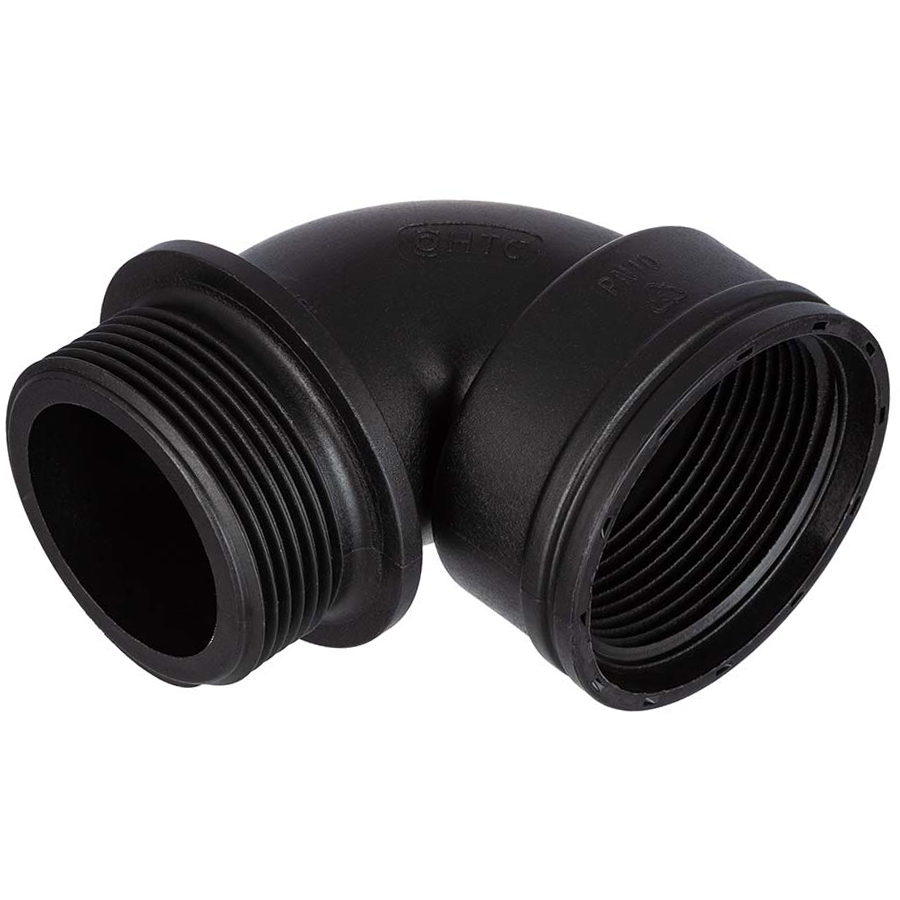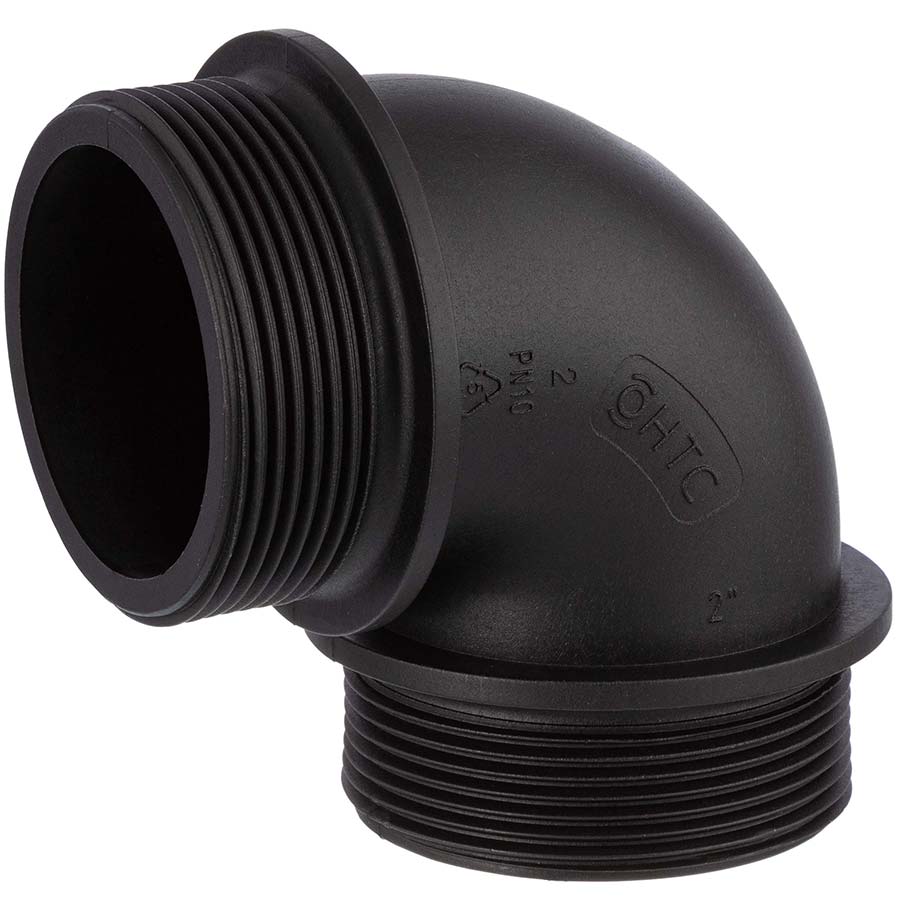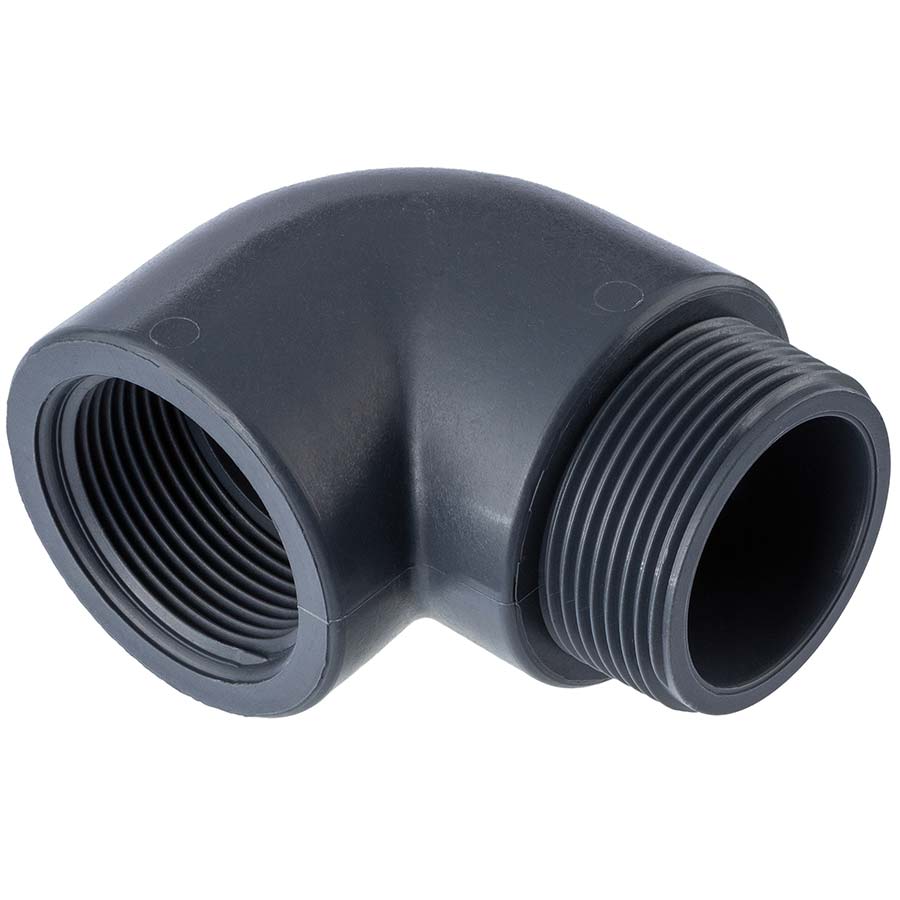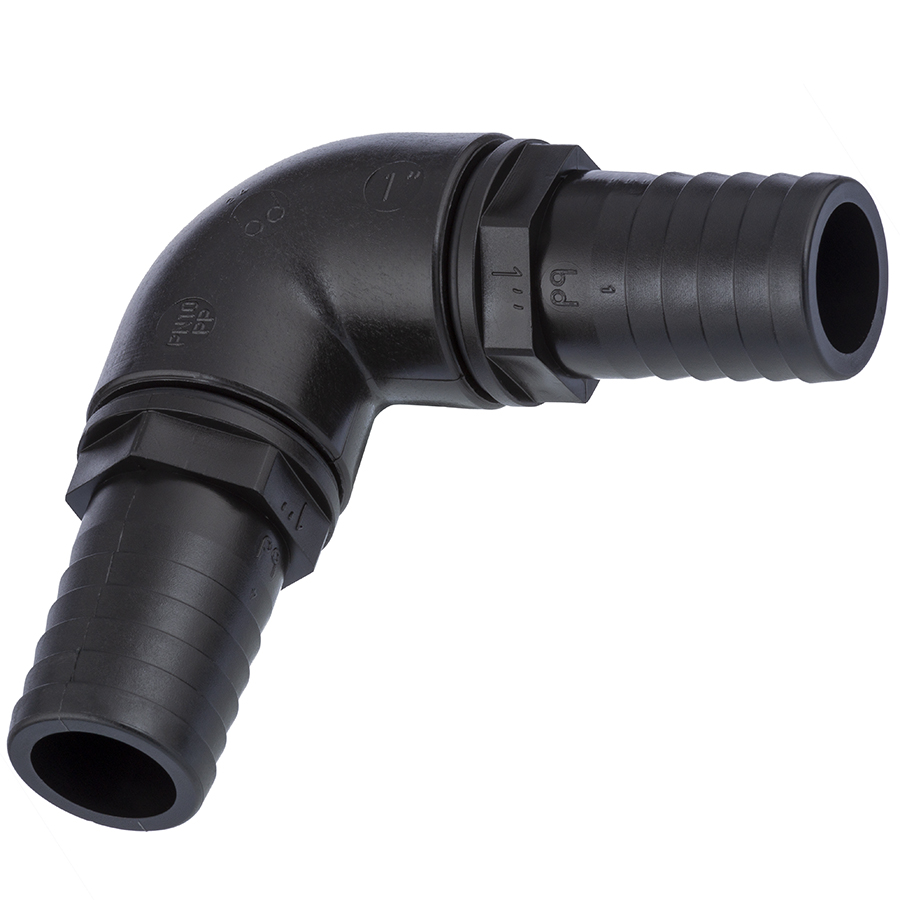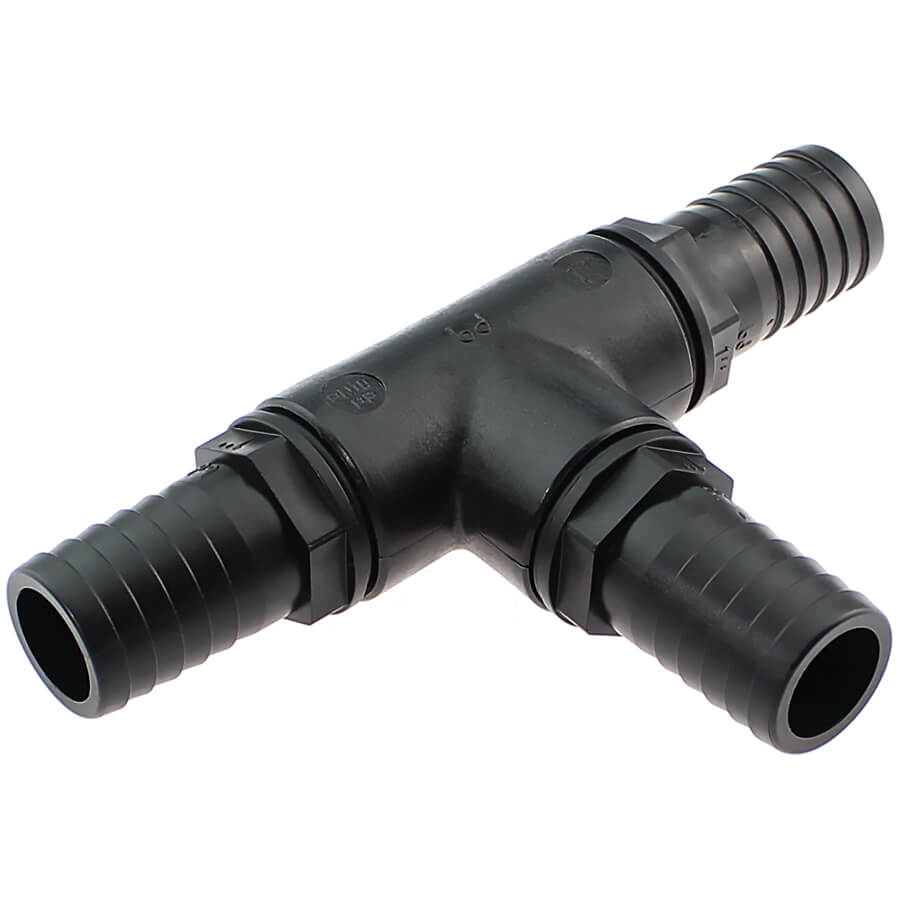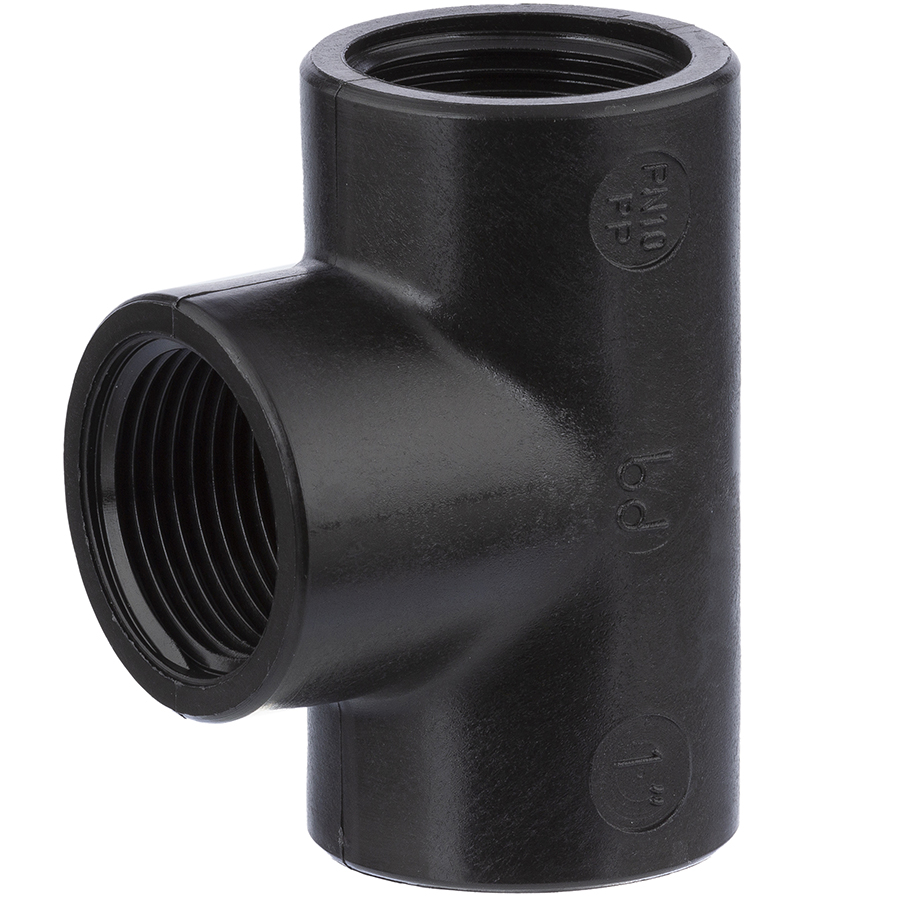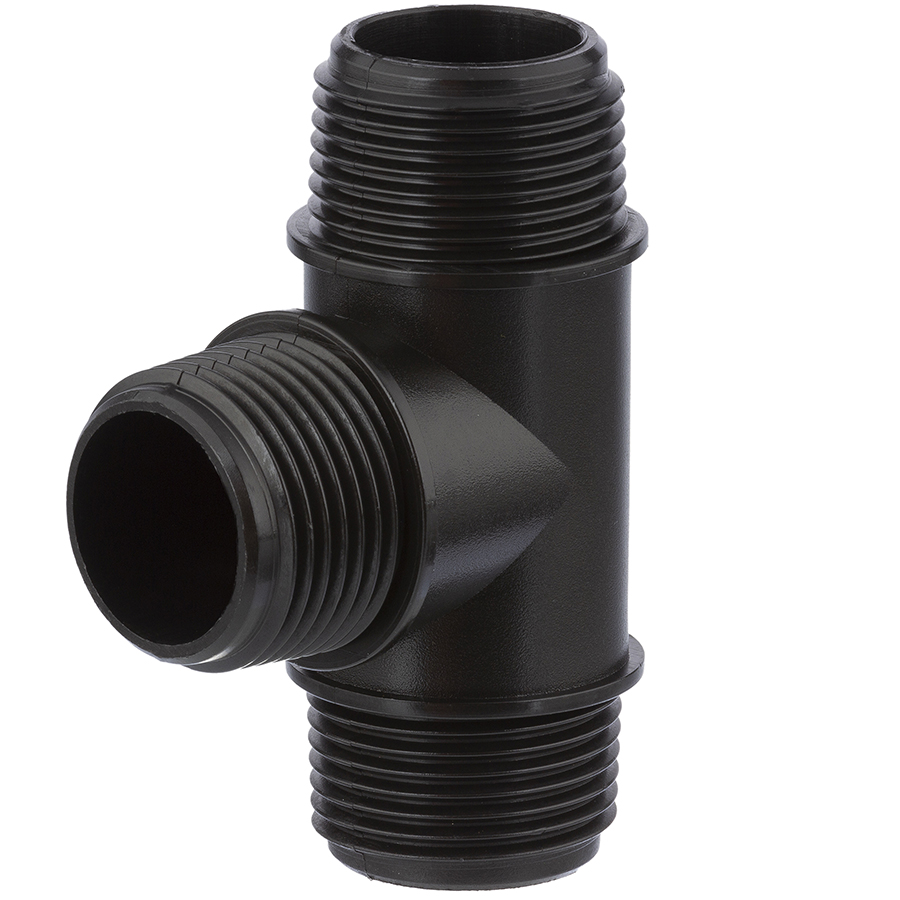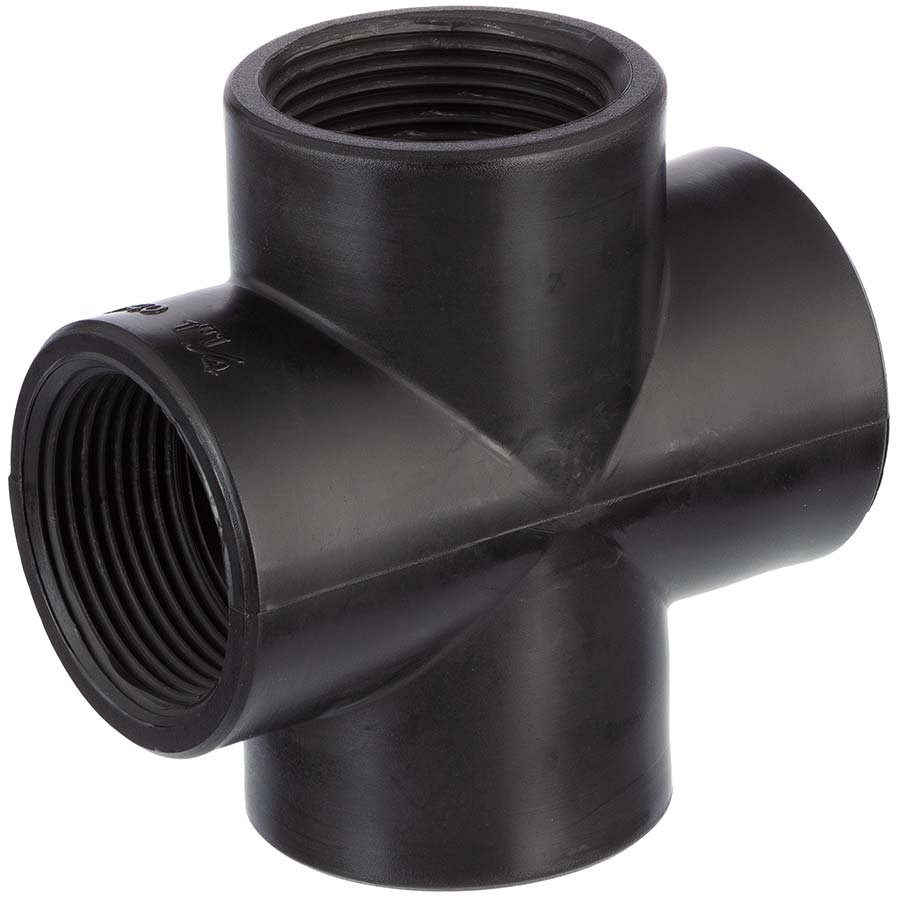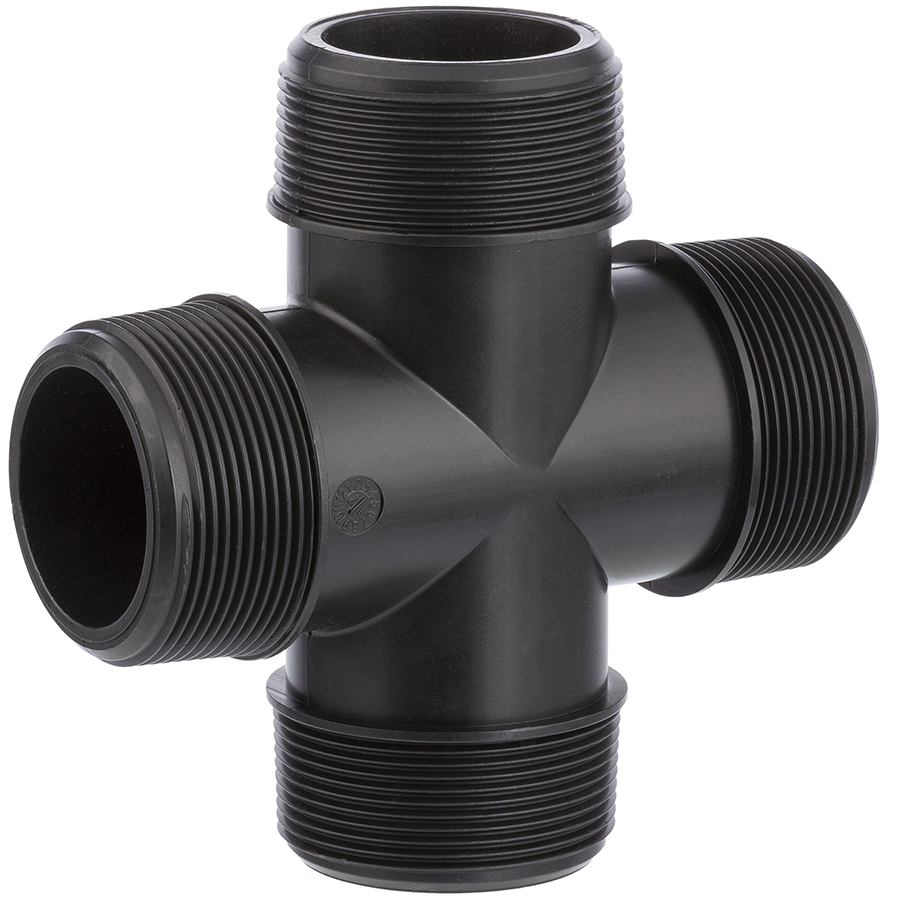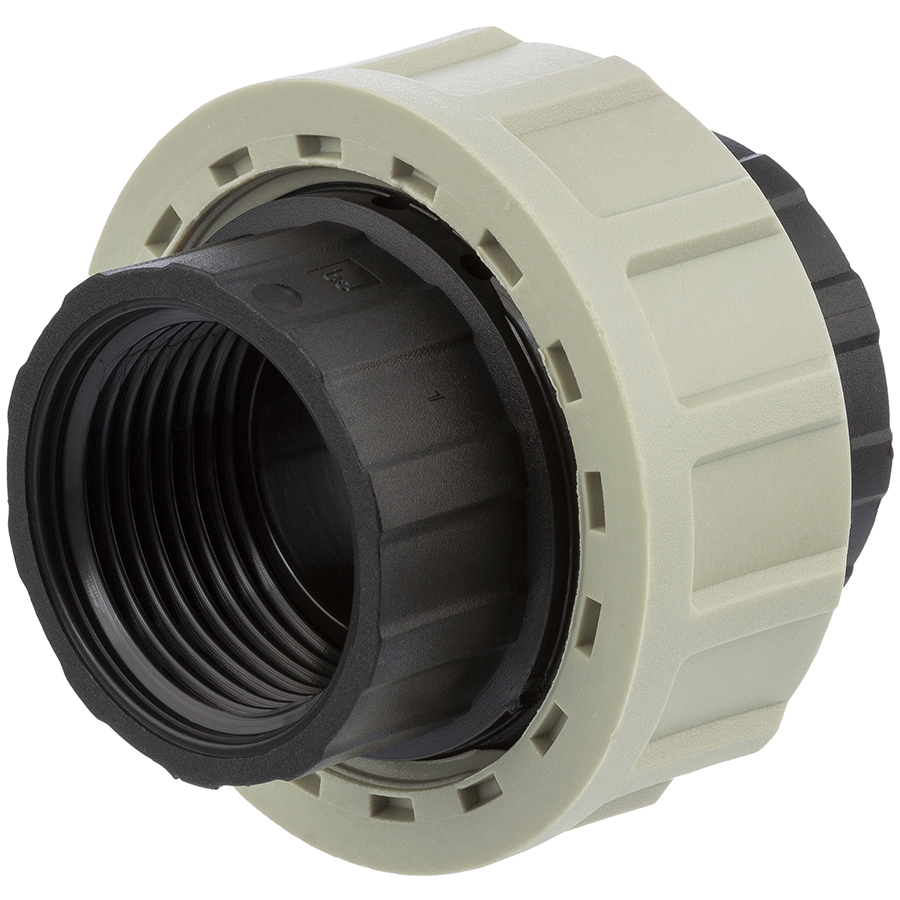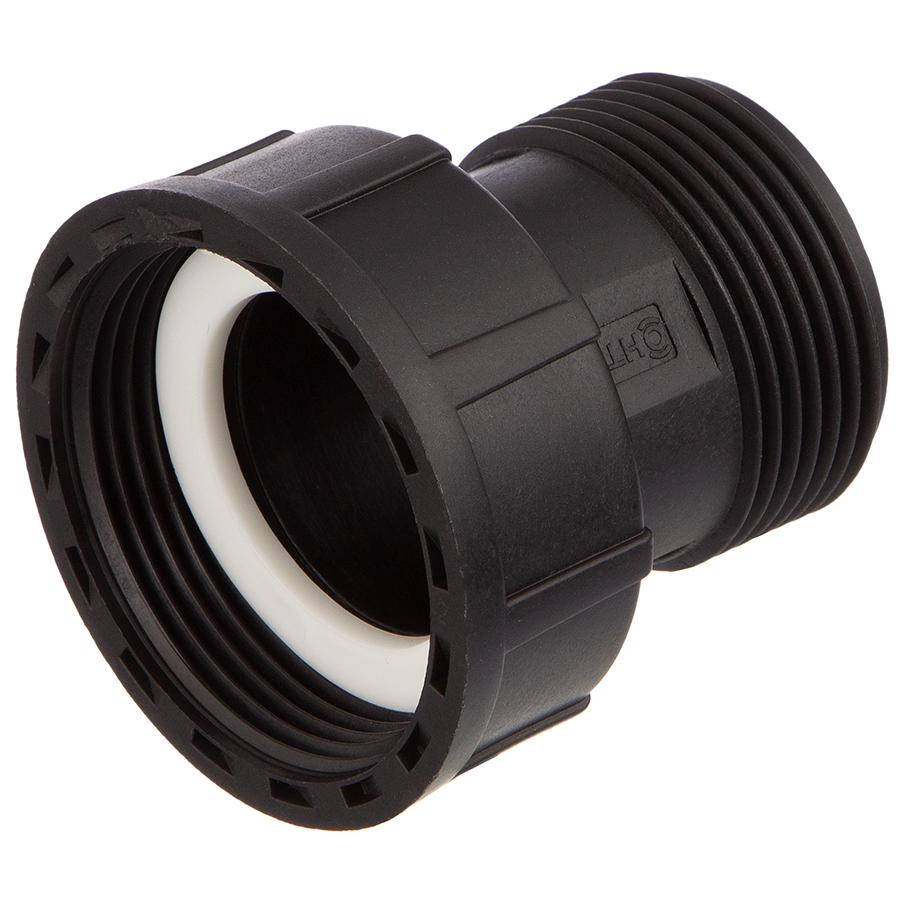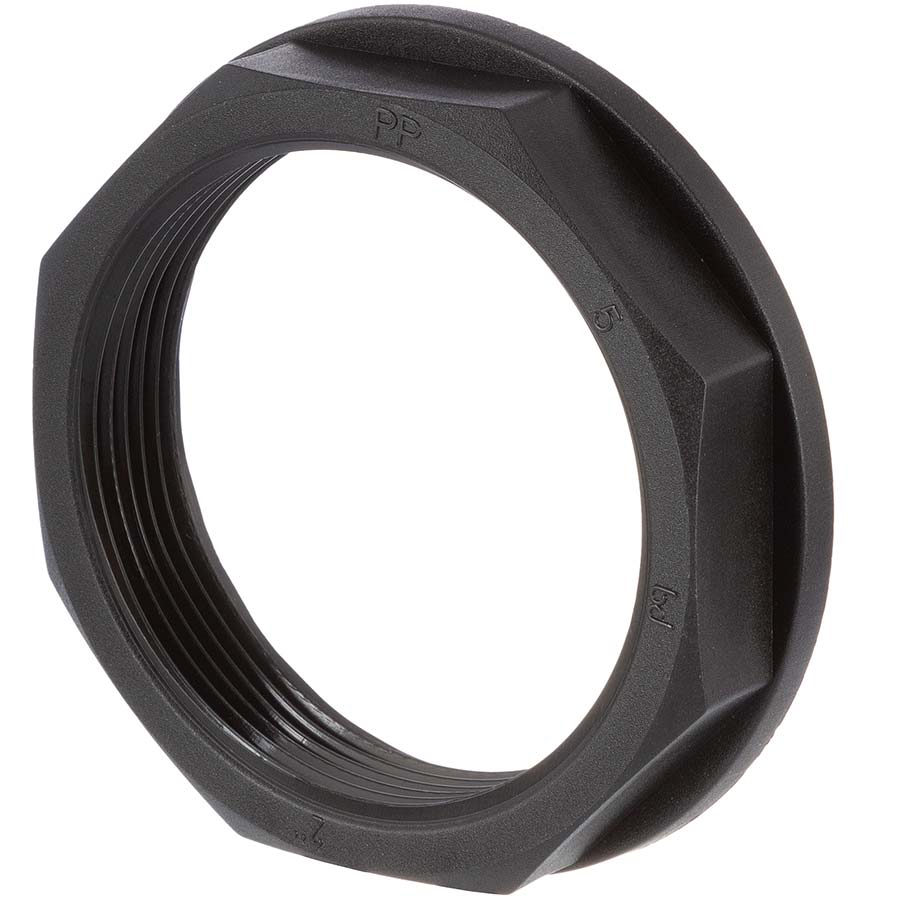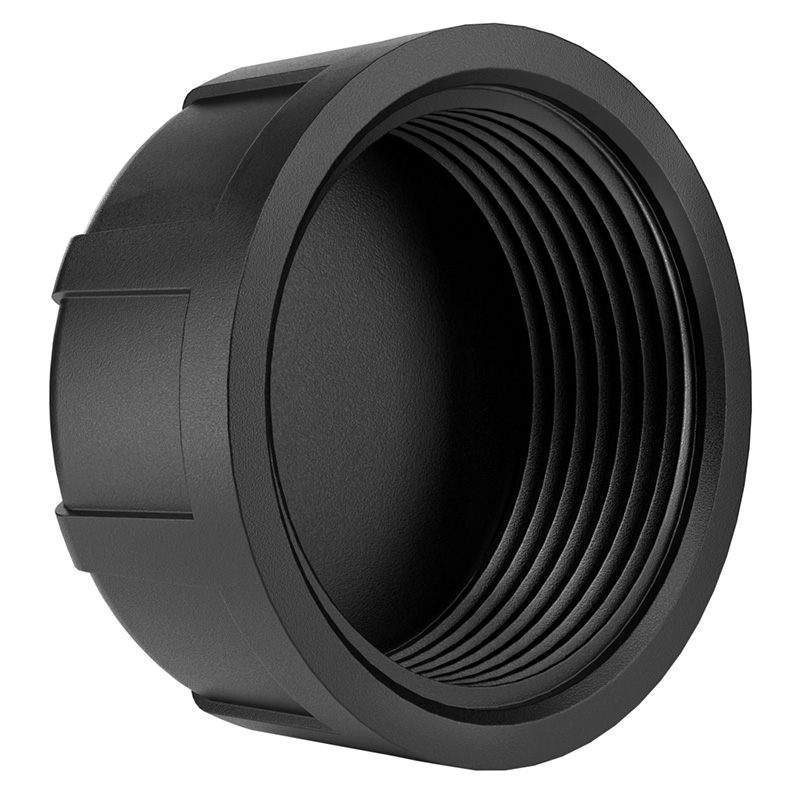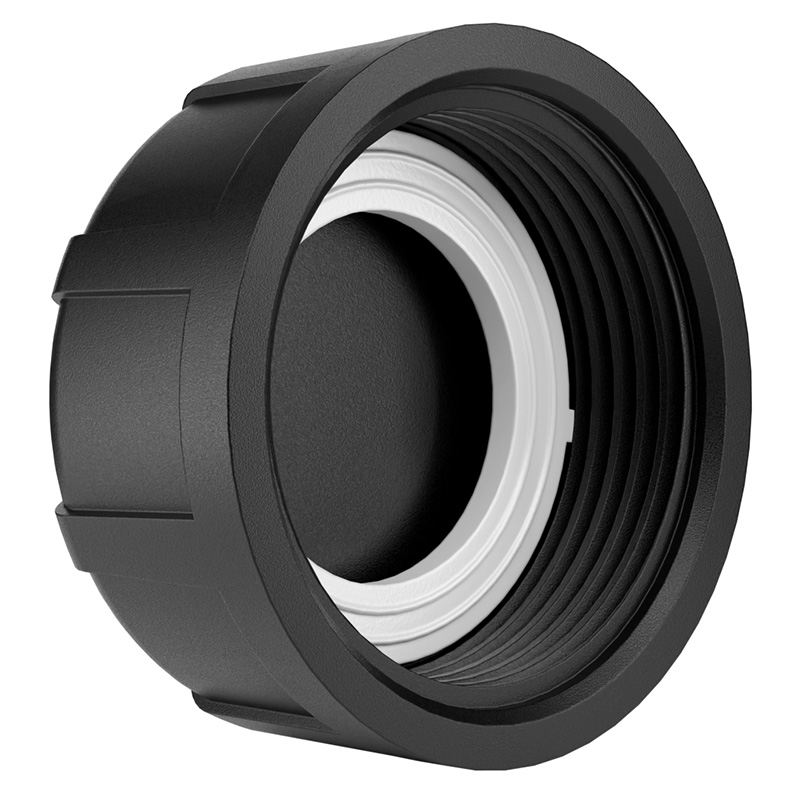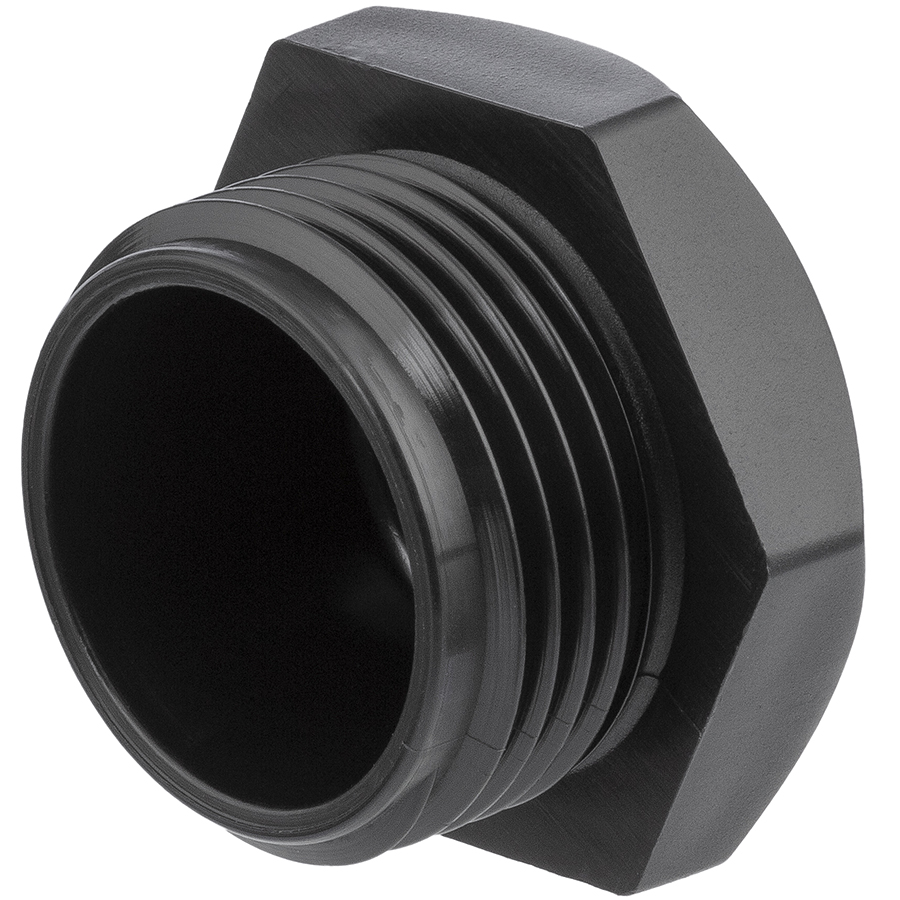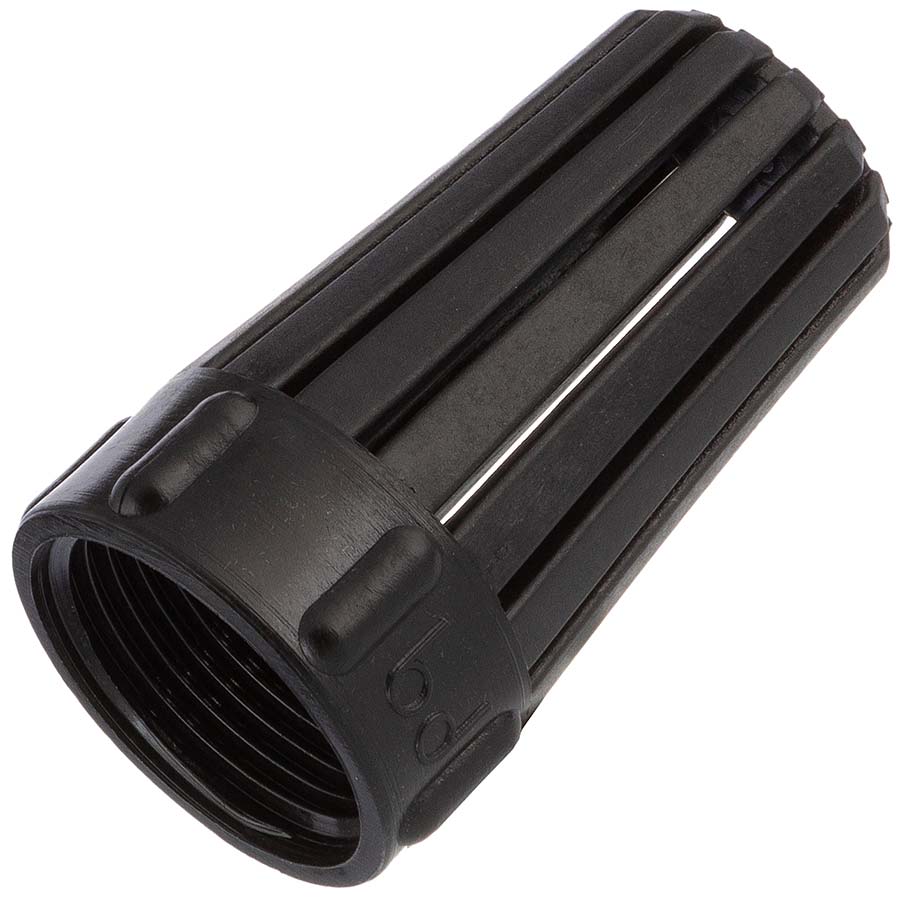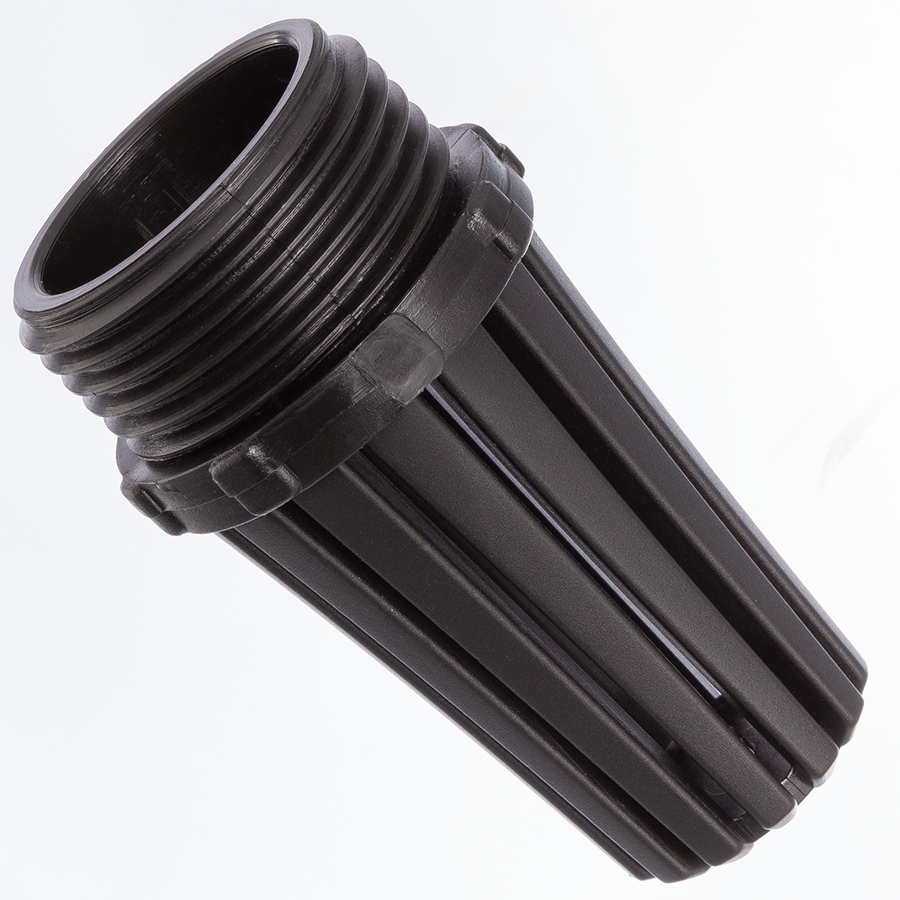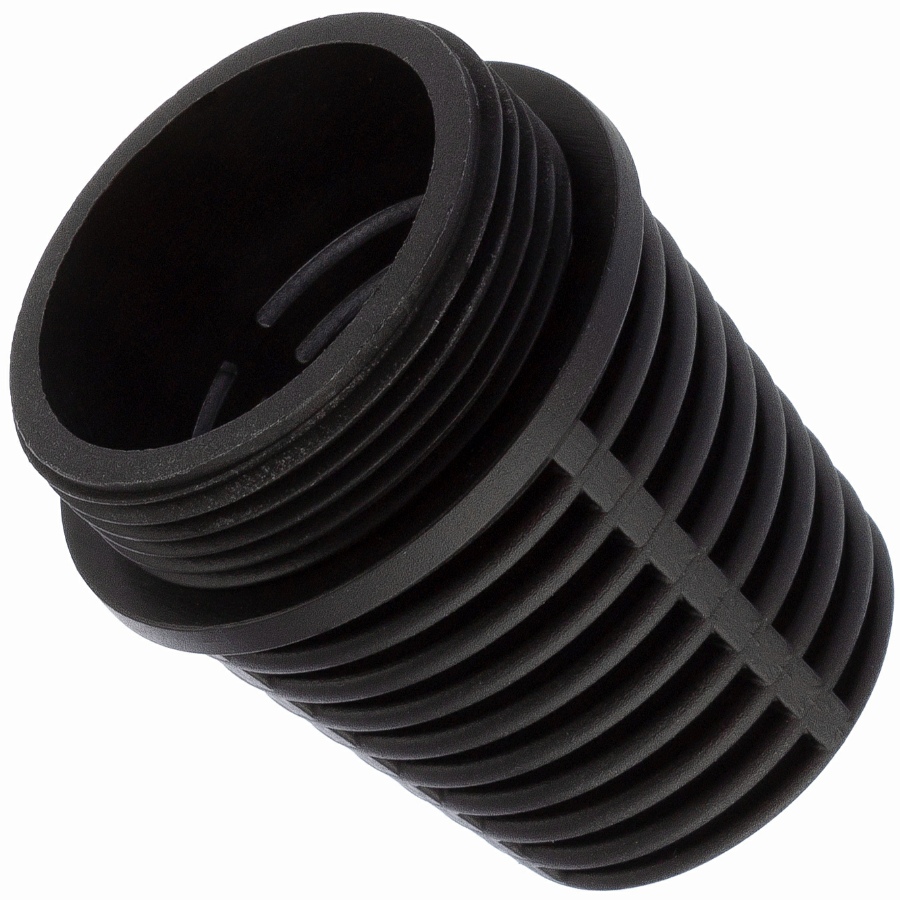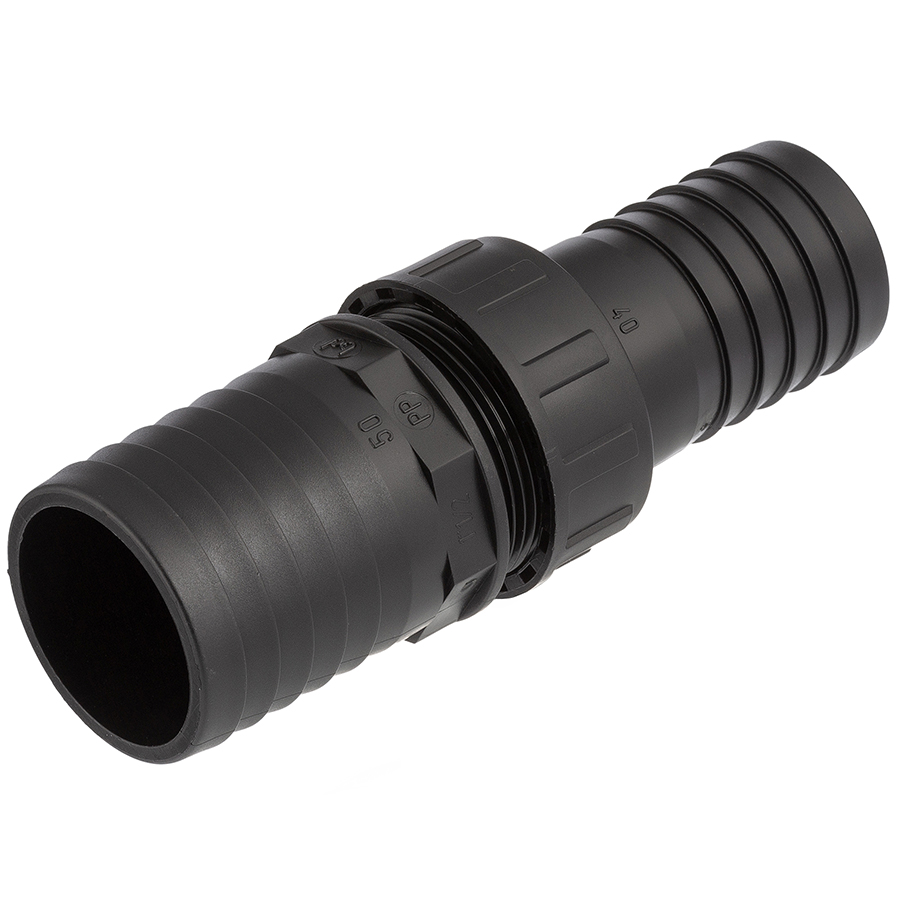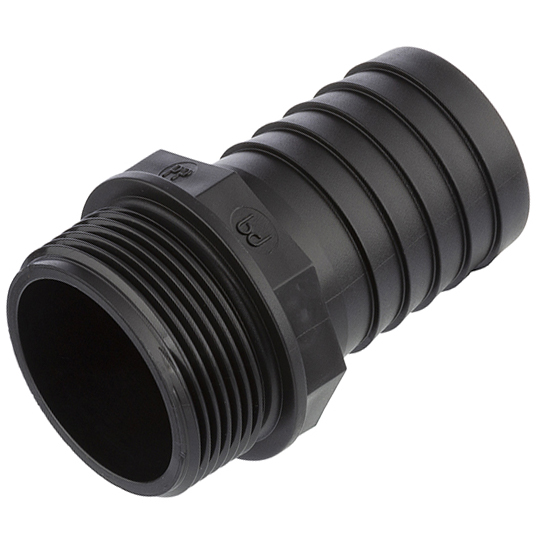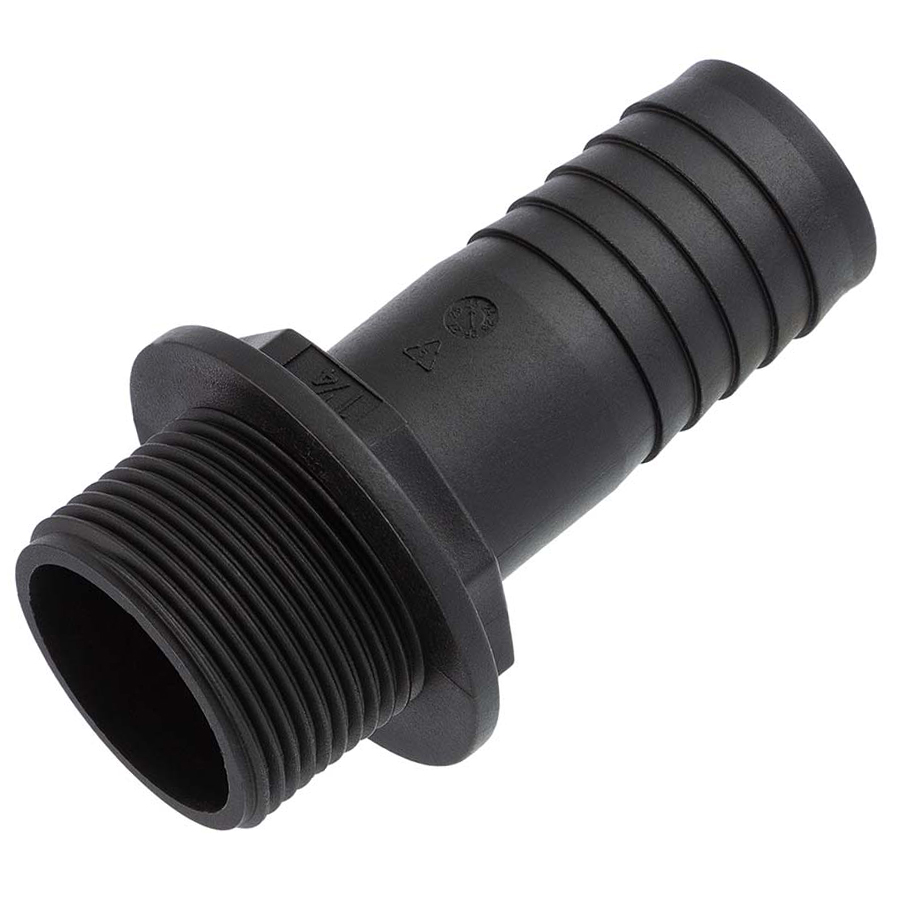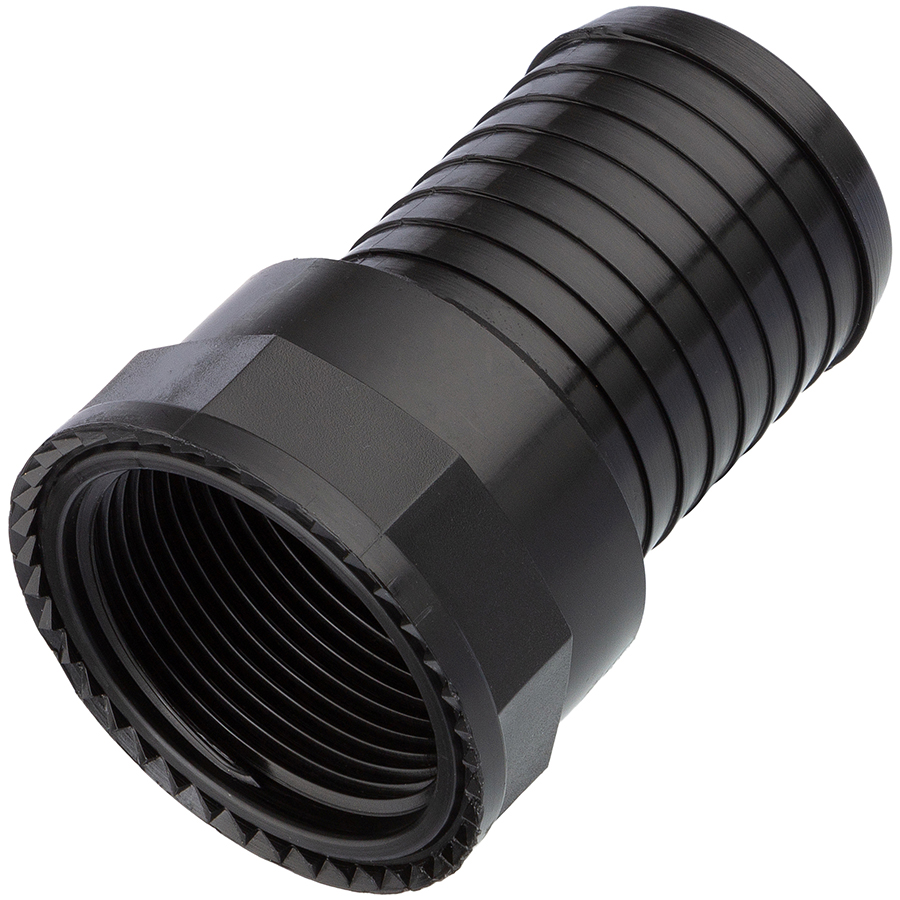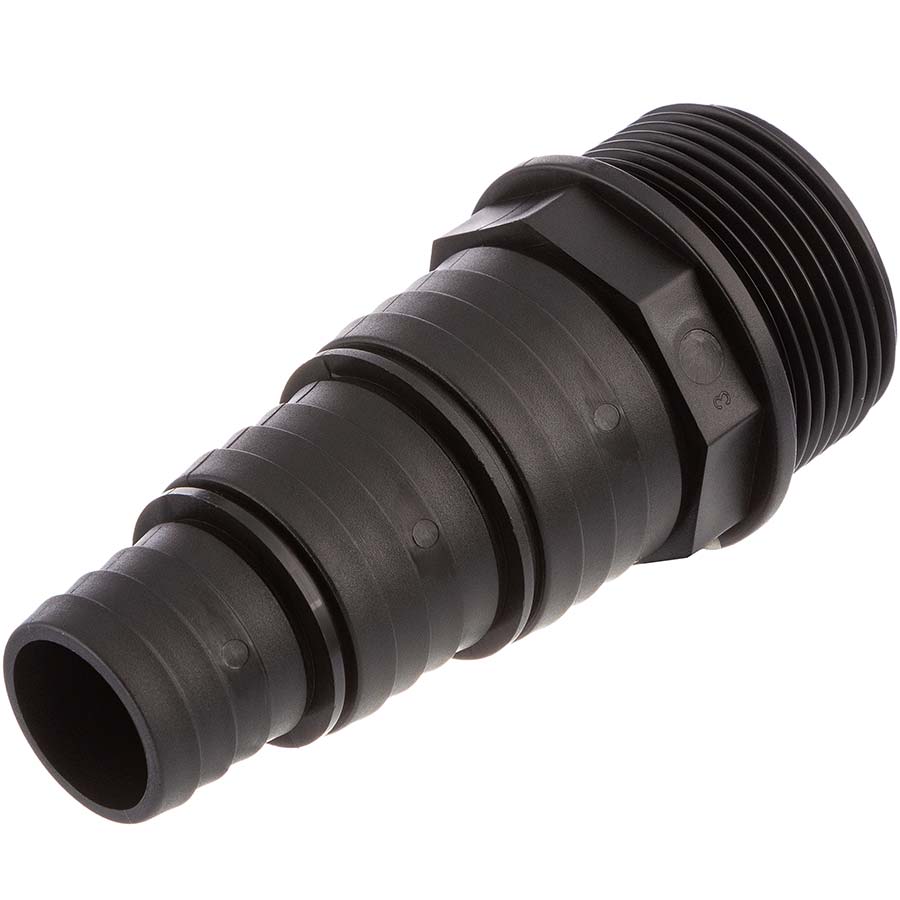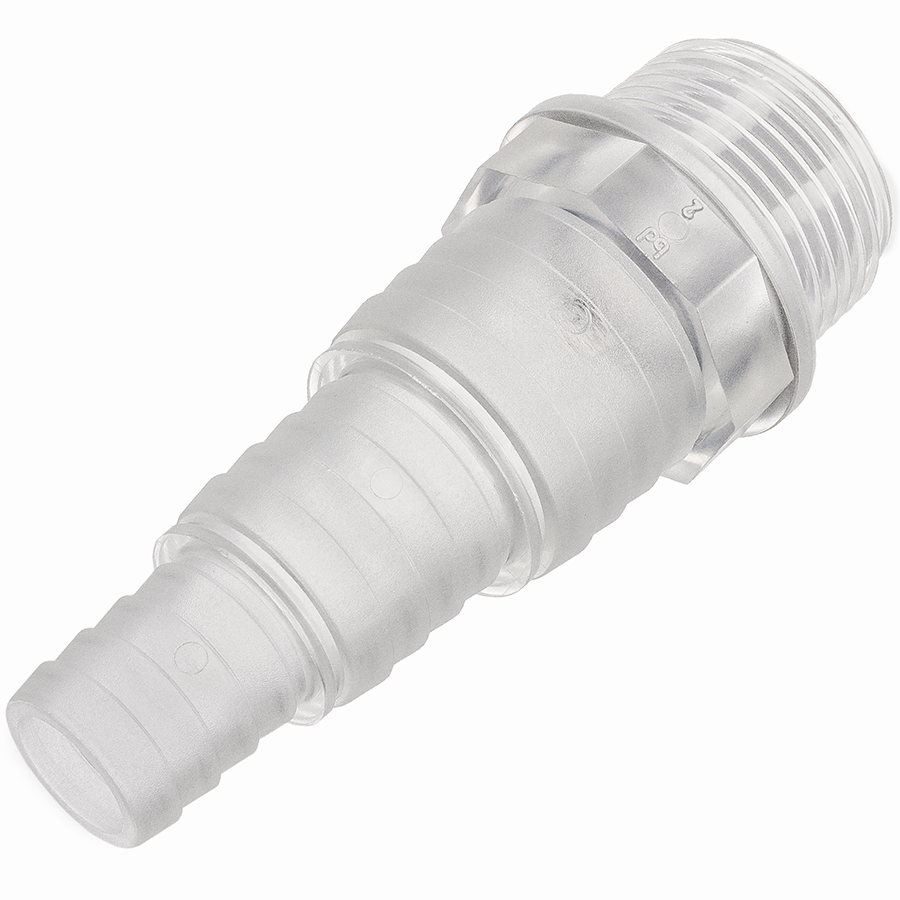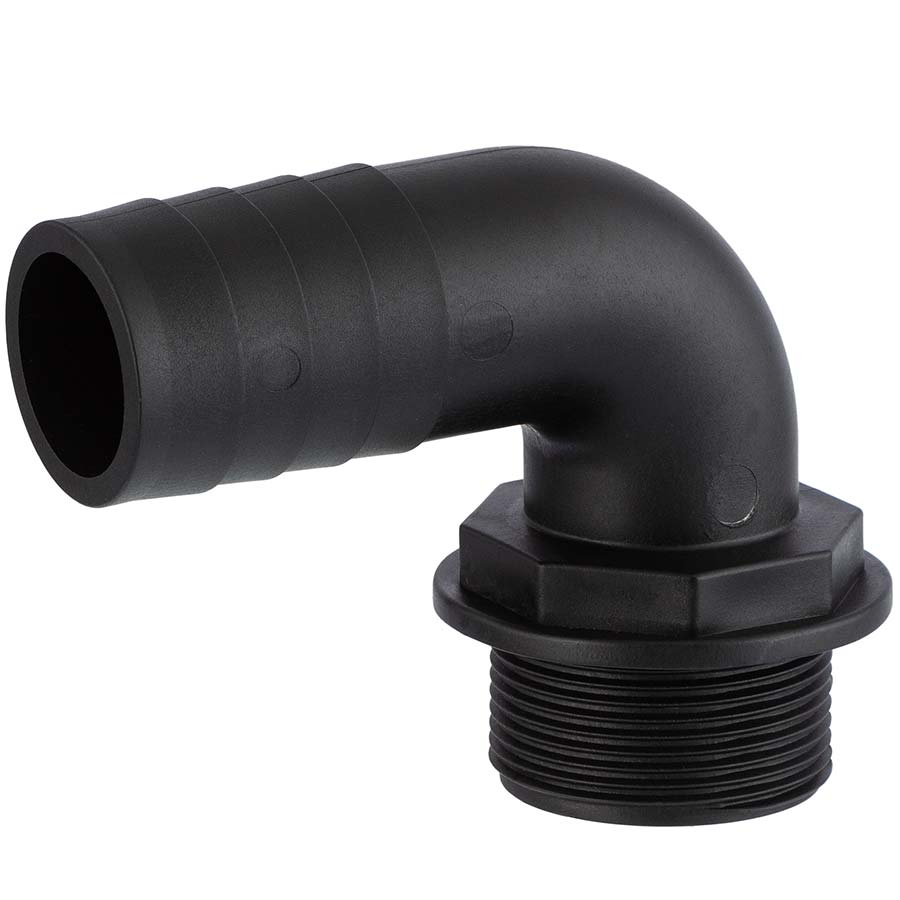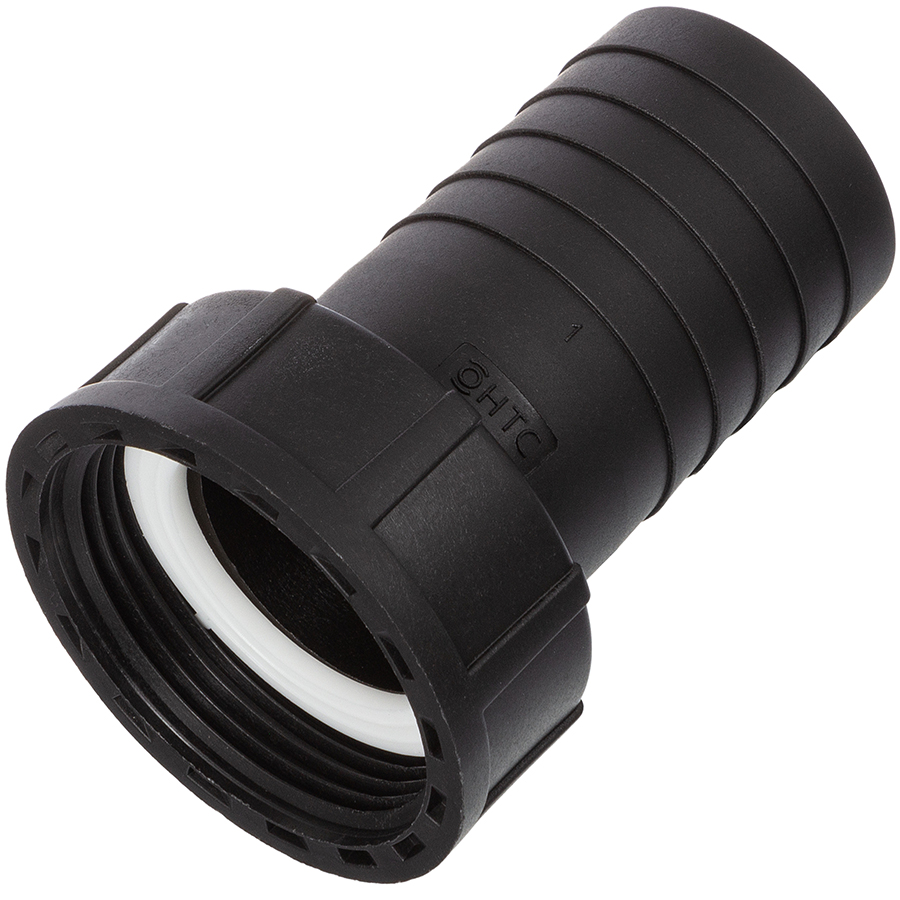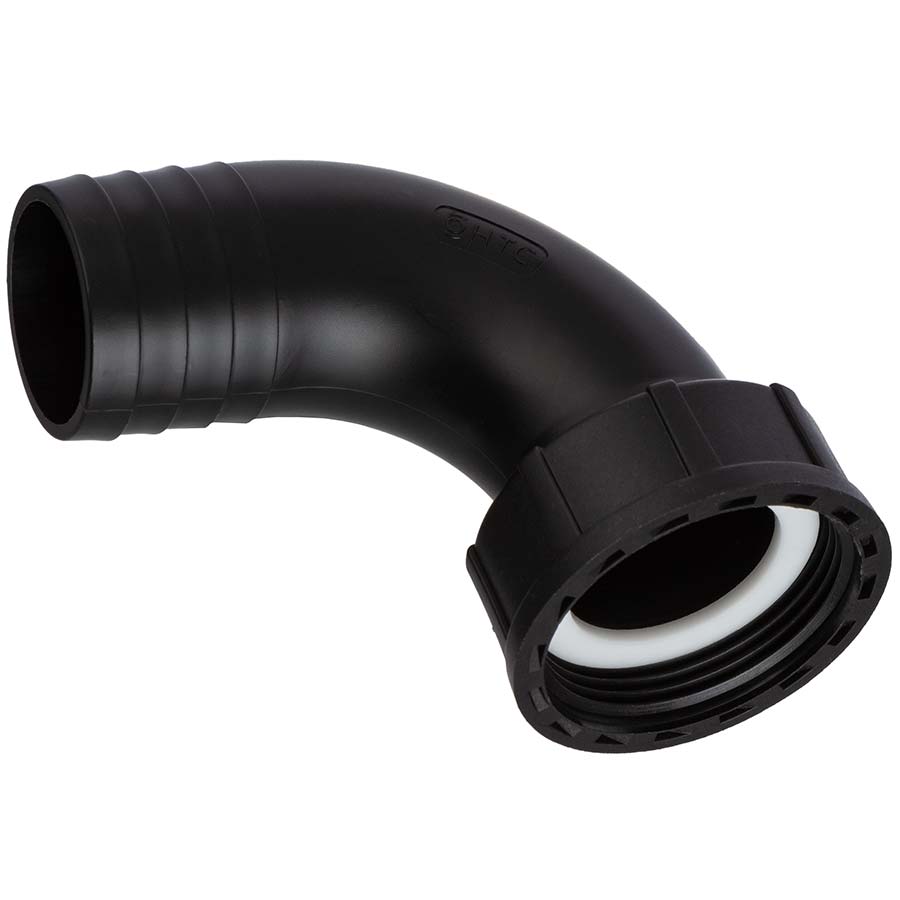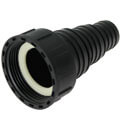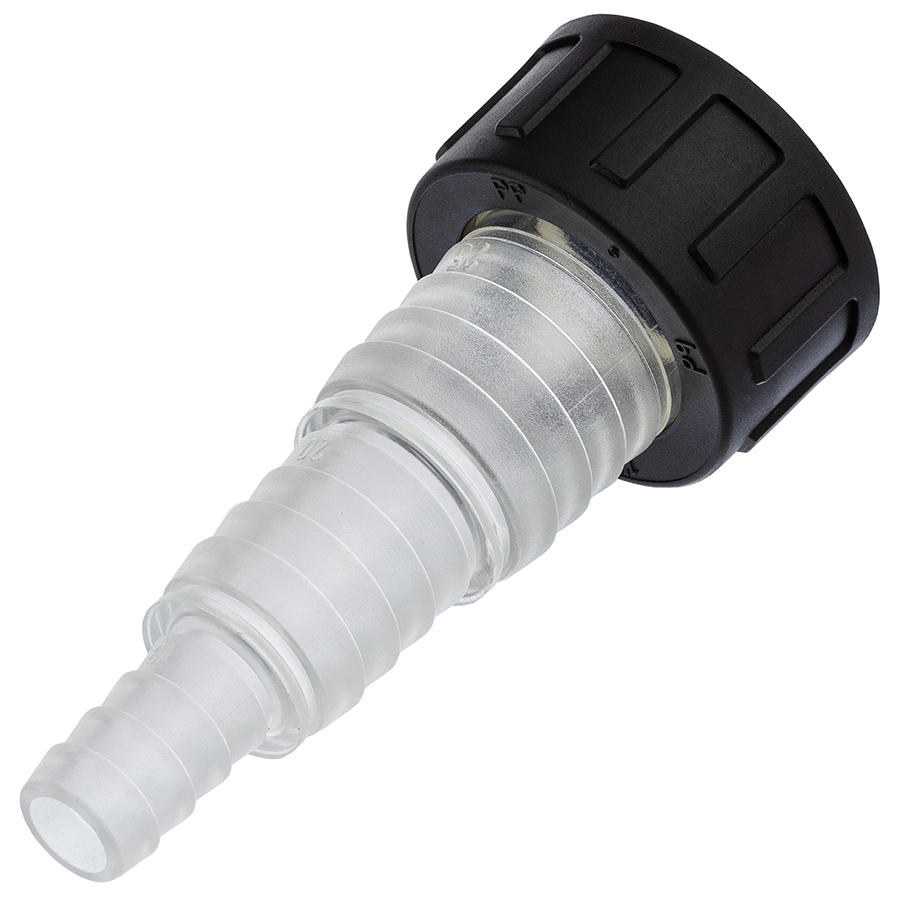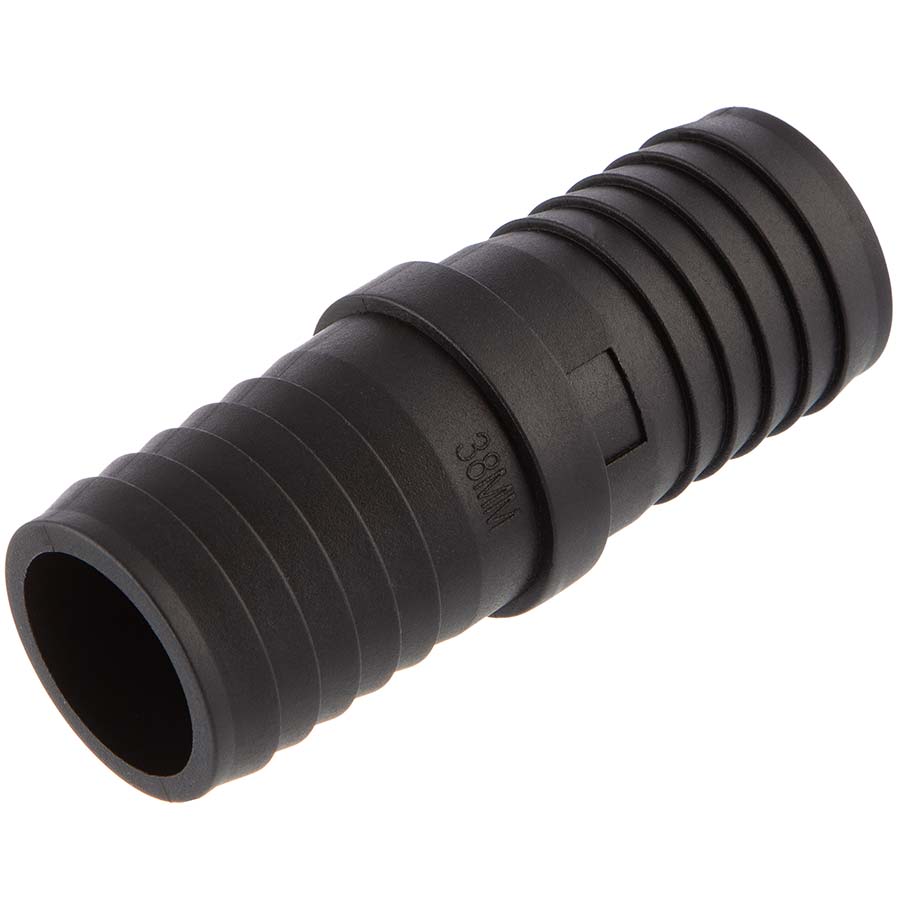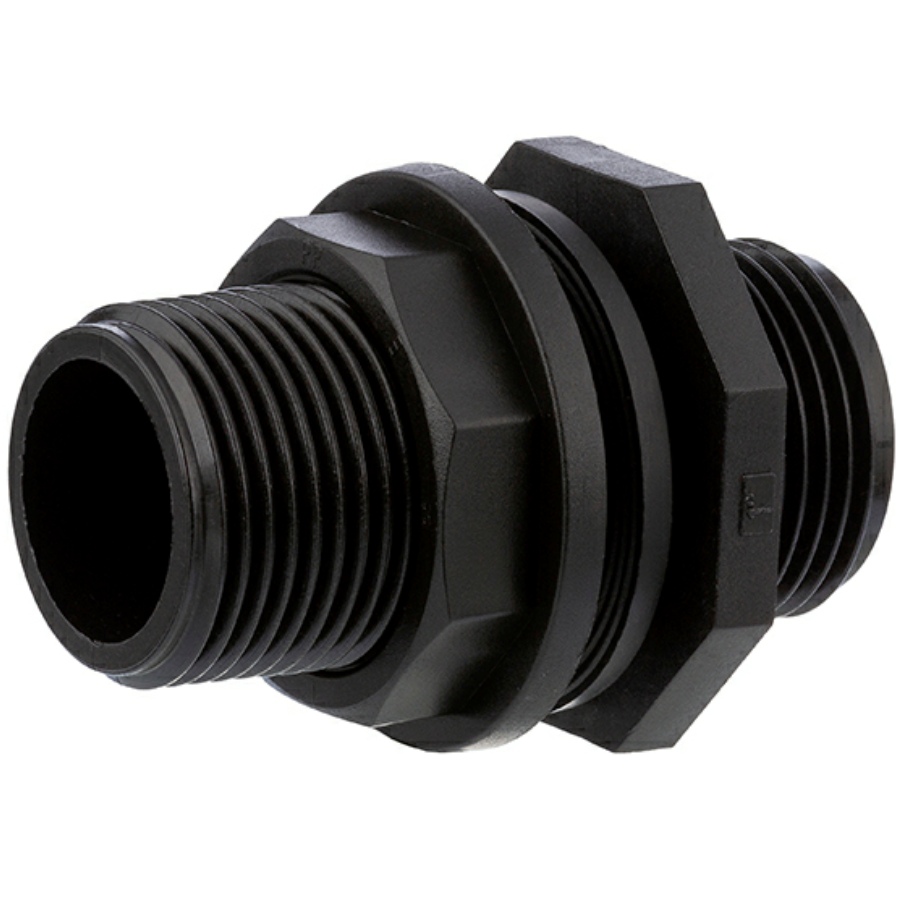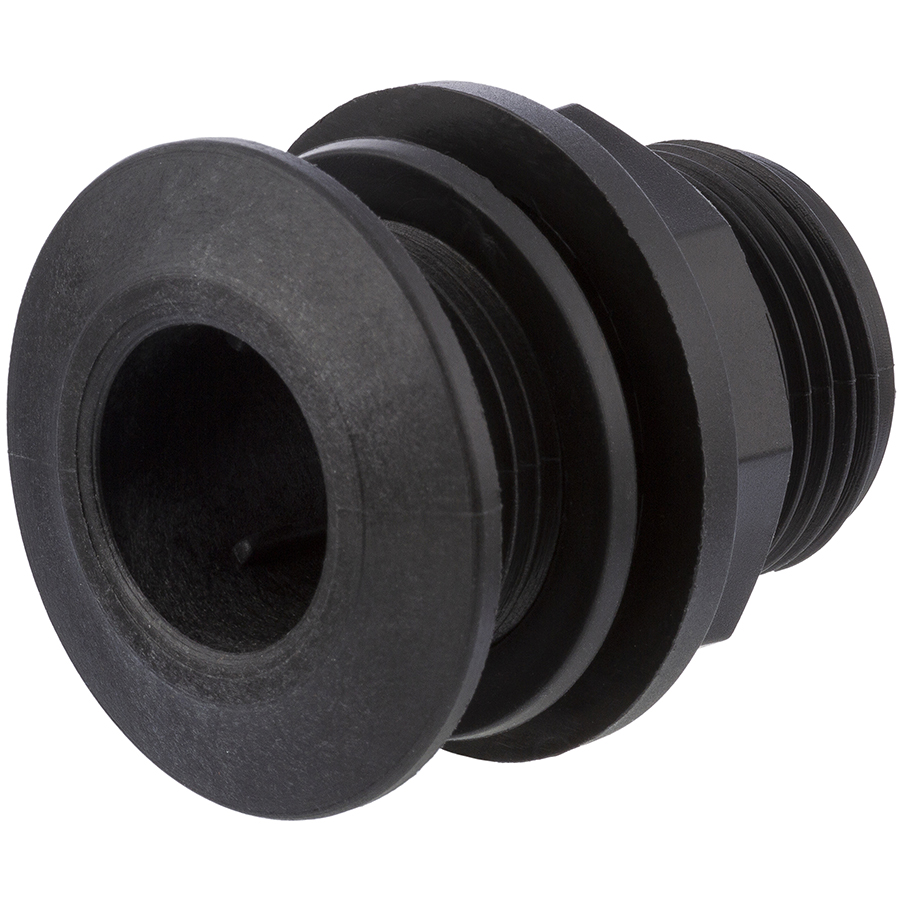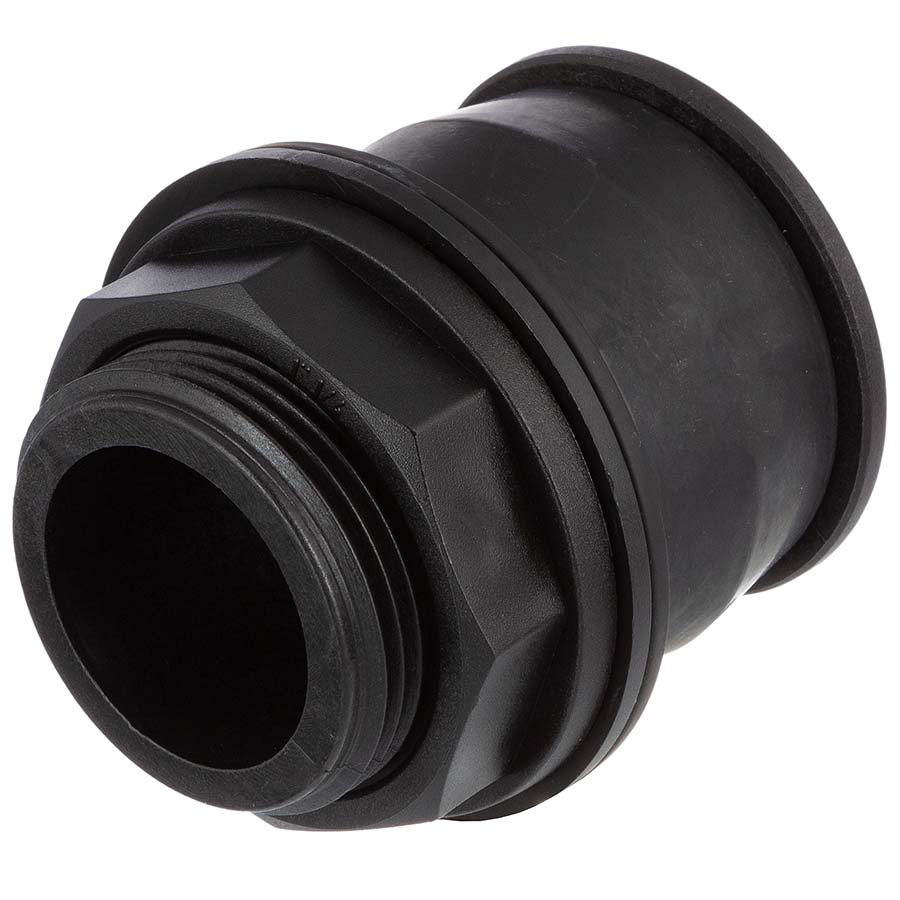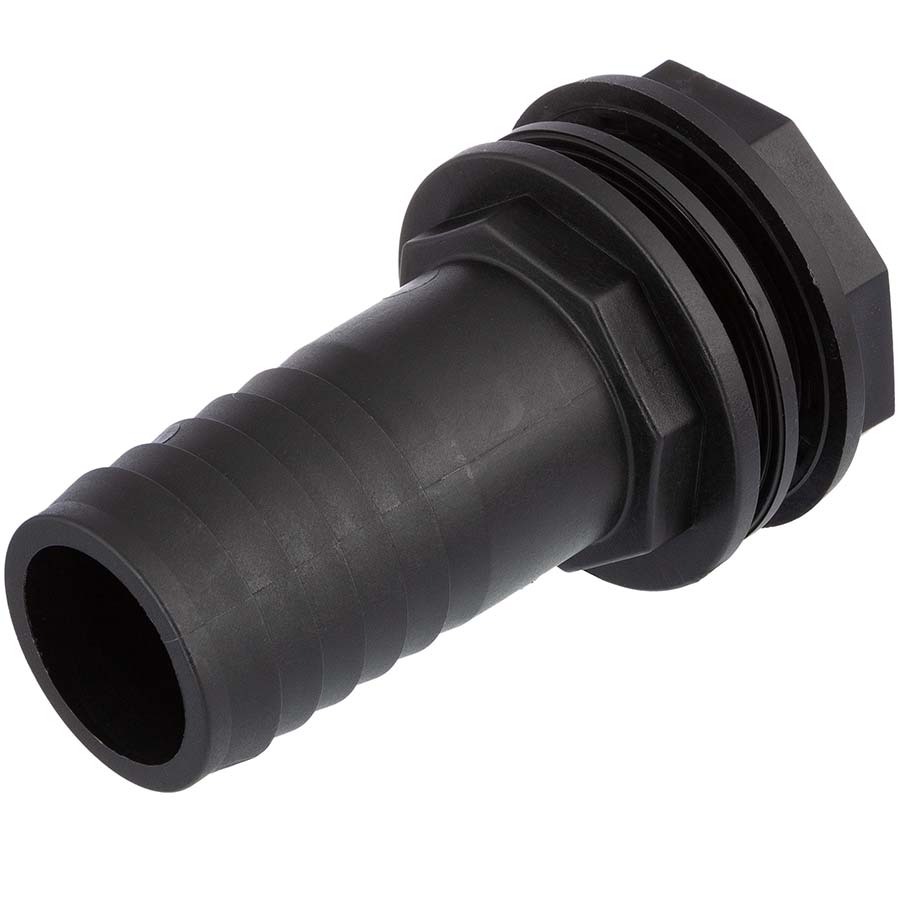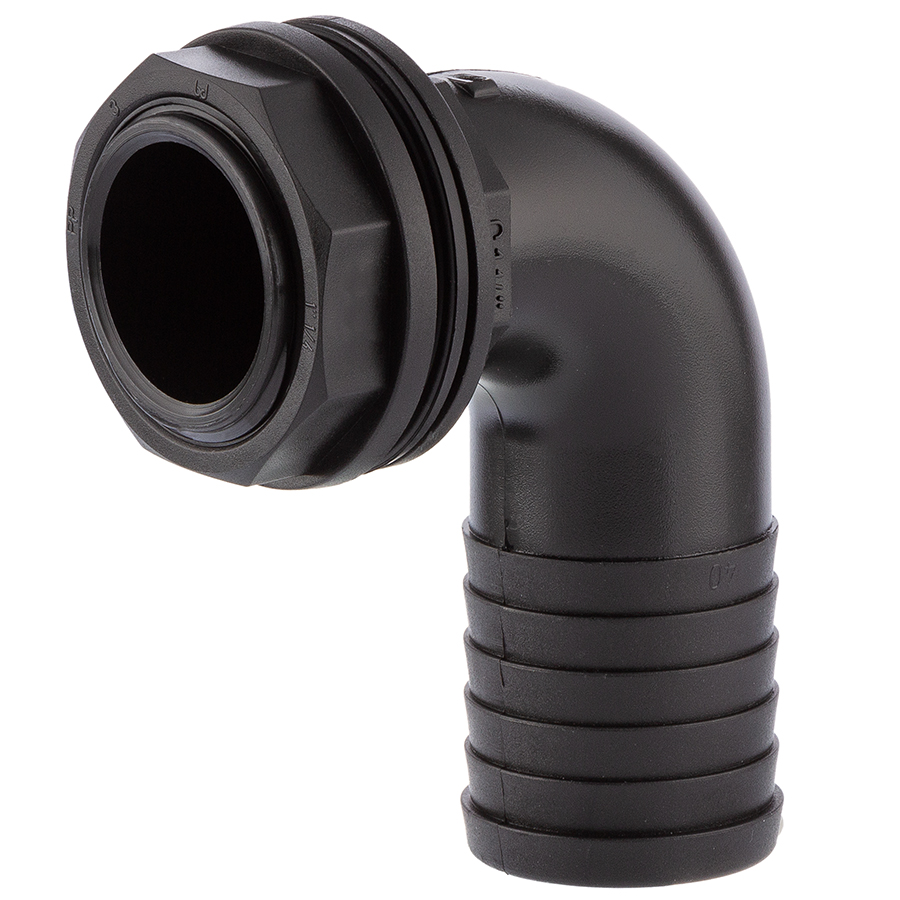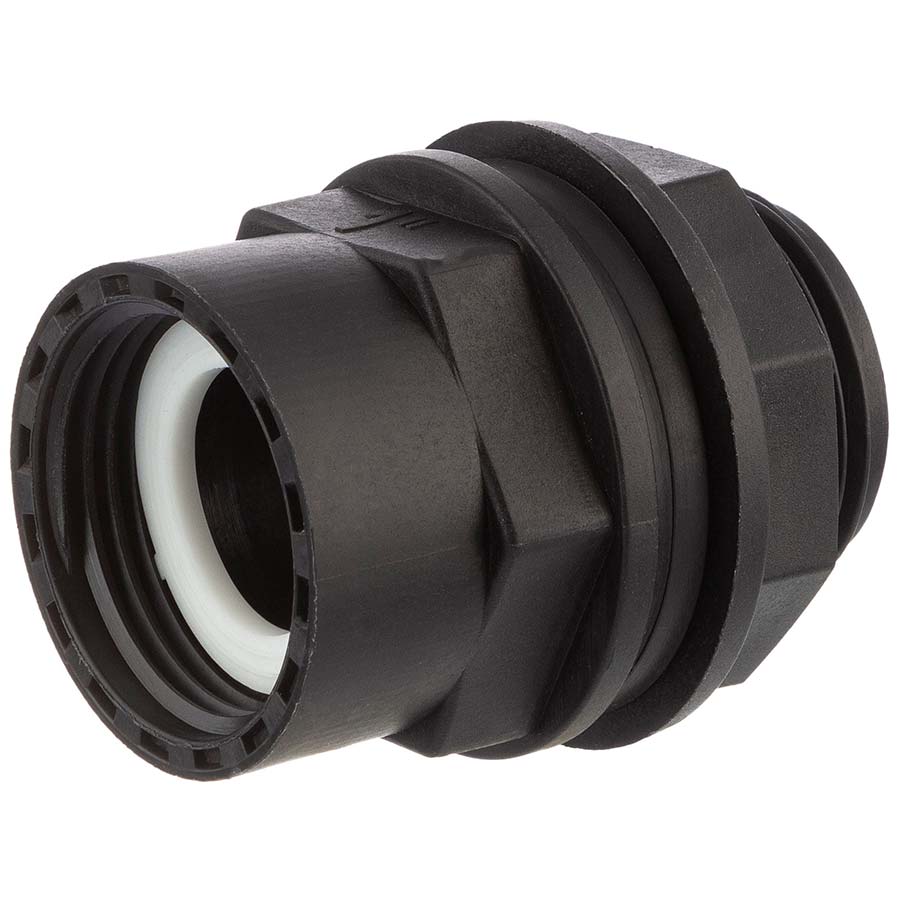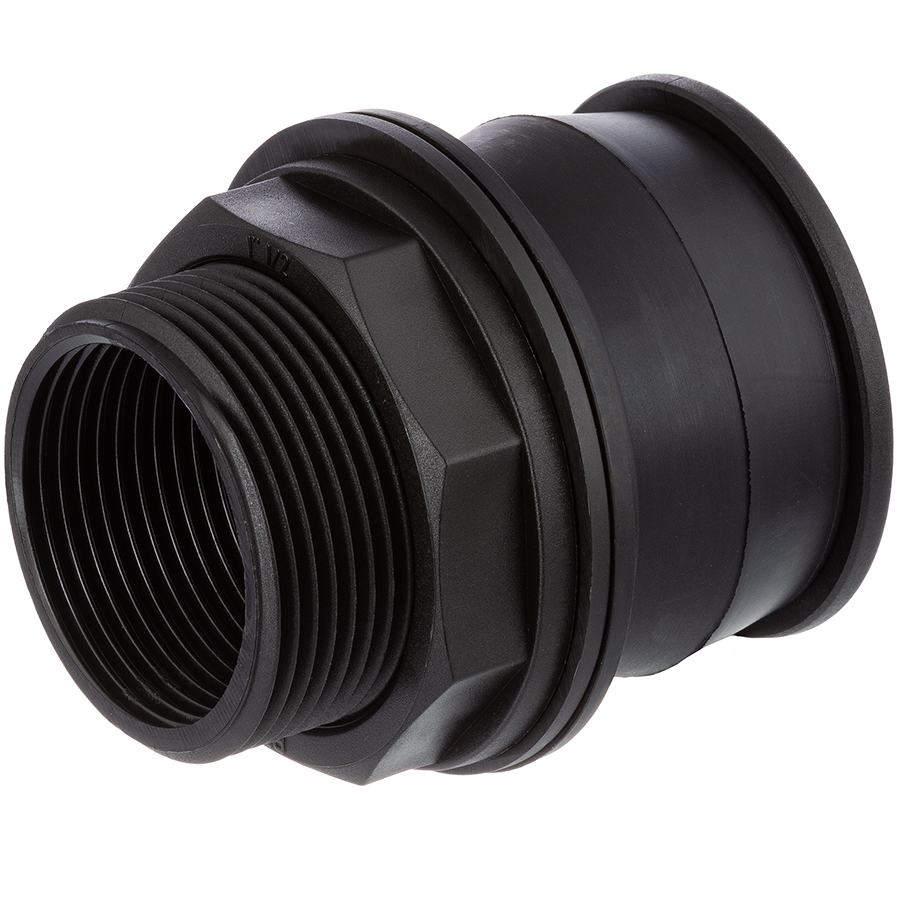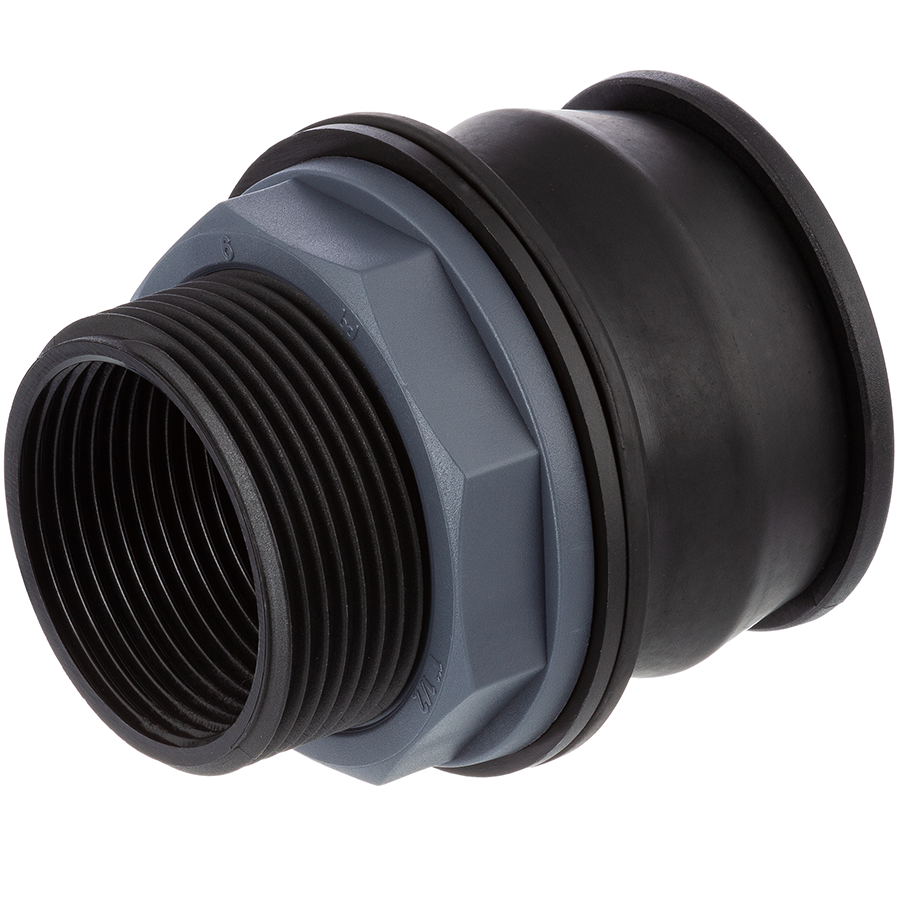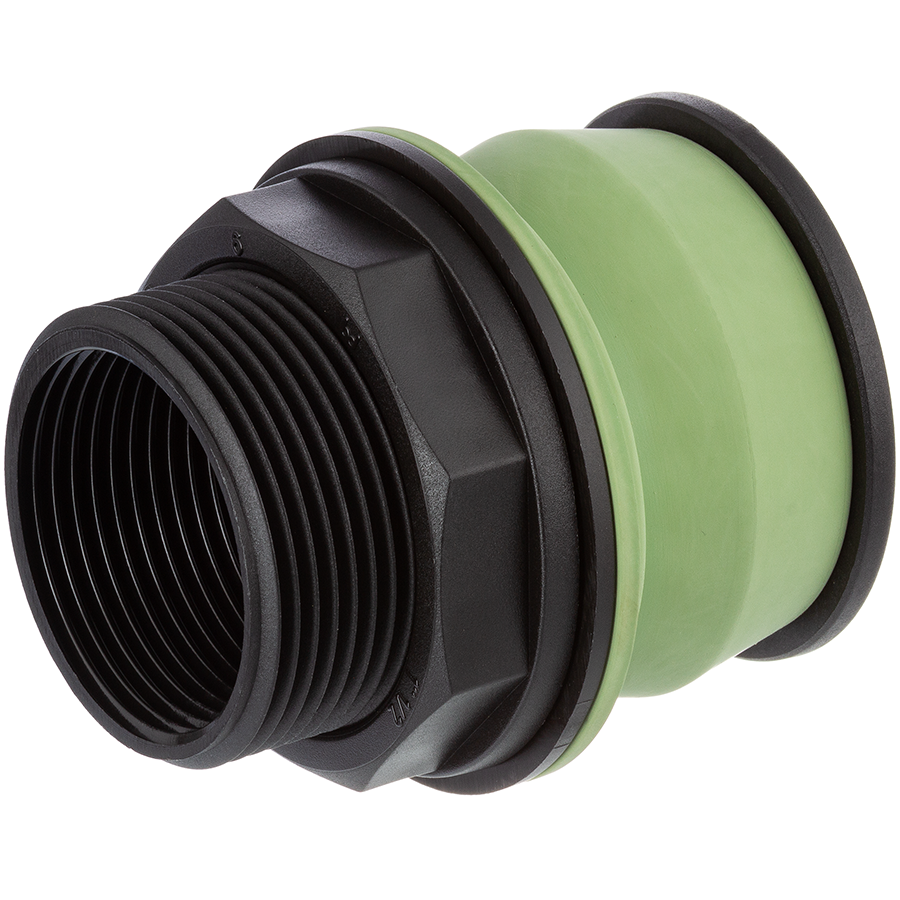
PP Polypropylene Pipe Fittings
PP Polypropylene - a health-friendly all-rounder
Polypropylene (PP) is the second most common standard plastic after polyethylene. It has similar properties and is used in a variety of ways in the food industry.
Polypropylene is highly resistant to fats and most organic solvents.
The wide range of applications for polypropylene in the automotive industry, electrical engineering, construction, the textile industry and the like is also reflected in its use as a food-safe plastic: PP is used, for example, to make yoghurt pots, bottle caps, transport and storage containers for hot and cold food, boil-proof films, cooking utensils, dishwasher parts and packaging films.
In the course of "plastic bashing", absurd advertising statements are now being made that suggest that a high percentage of recycled material is used in order to achieve "green washing".
Hands off plastics that advertise like this! Recycled material has no place in the transportation of water, especially drinking water, because the origin of the recycled material can never be proven beyond doubt
PP polypropylene threaded fittings. Polypropylene
Threaded fittings made of polypropylene - the ideal solution for your pipe connections
Threaded fittings made of polypropylene are an excellent choice for anyone looking for robust, lightweight and chemical-resistant connecting elements for their piping systems. These special fittings offer a wide range of advantages and are used in numerous applications in domestic engineering, industry and horticulture.
Polypropylene in the form of pure granules is completely non-toxic, odorless and tasteless.
This makes it ideal for transporting drinking water, wine, beverages and other nutritious liquids.
Polypropylene threaded fittings are connecting elements made of the thermoplastic polypropylene (PP). They are reinforced by the addition of fibers. They have an internal or external thread that allows for easy and secure connection to pipes and other fittings. These fittings are available in a variety of forms, including straight, T-joints, angles and reducers, to meet the various needs of your projects.
Sealing is done with Teflon tape or similar - flat sealing fittings are marked for this.
Chemical resistance: Polypropylene is known for its excellent resistance to a wide range of chemicals, making these fittings ideal for use in chemical plants and laboratories.
Polypropylene is resistant to inorganic salts in aqueous solutions, weak organic acids and alkalis, alcohols and some oils, and has very good mechanical properties against washing chemicals or similar.
Value: Polypropylene does not rust and is resistant to corrosion, which extends the service life of the fittings and minimizes maintenance costs.
In addition to this quality, polypropylene is characterized by its resistance to weathering, UV and ozone.
Polypropylene is an electrically insulating material that protects against electrochemical corrosion and perforation caused by stray currents
Lightweight: Compared to metal fittings and even other types of plastic, threaded fittings made of polypropylene are significantly lighter, which makes them easier to handle and install and reduces transportation costs.
Easy installation: Polypropylene threaded fittings are straightforward to assemble and do not require any special tools. With just a little Teflon tape and two clamping straps, the connection can be made and sealed.
Versatility: Polypropylene fittings are suitable for a wide range of applications, including water and wastewater pipes, irrigation systems, plumbing and industrial piping.

